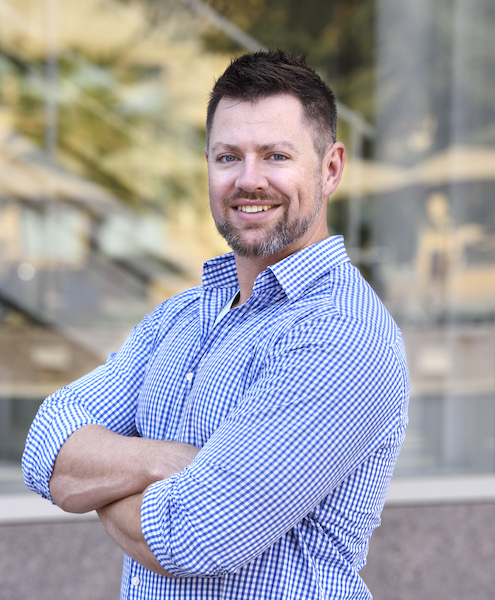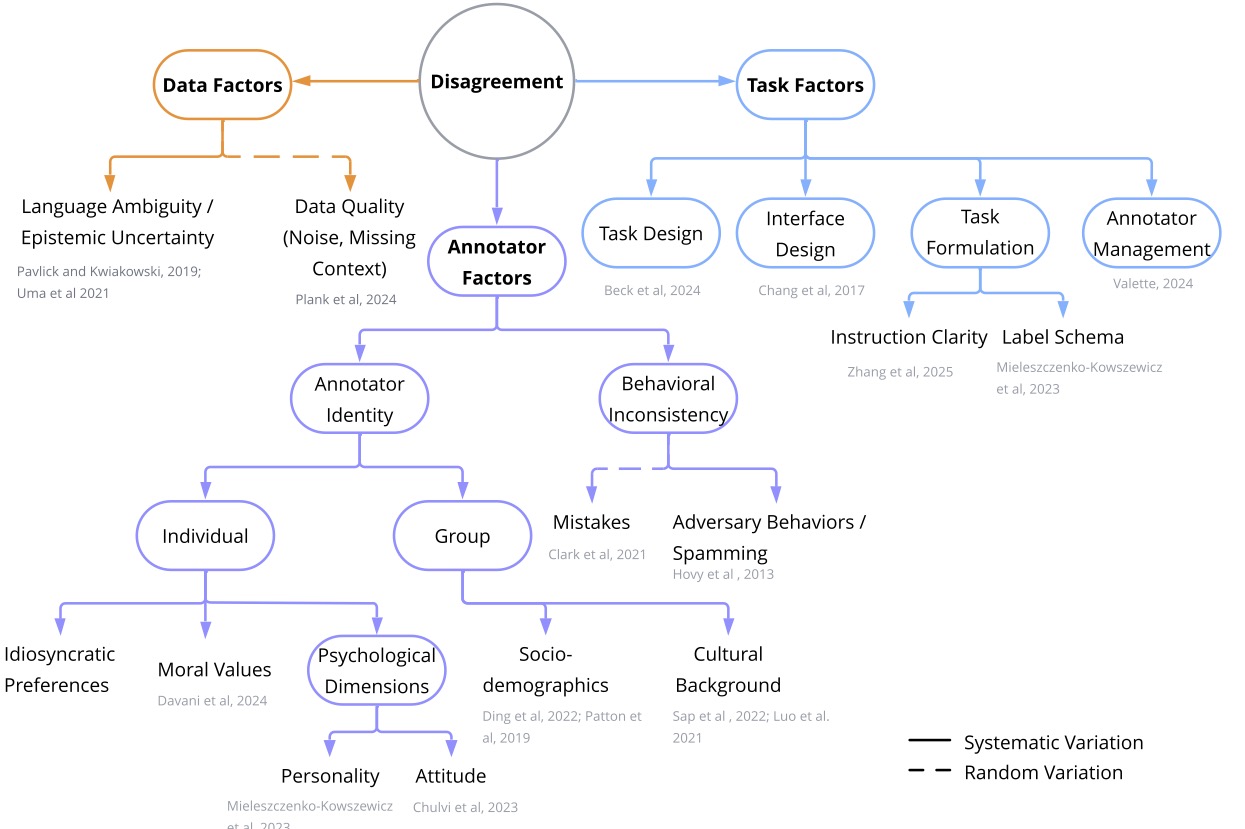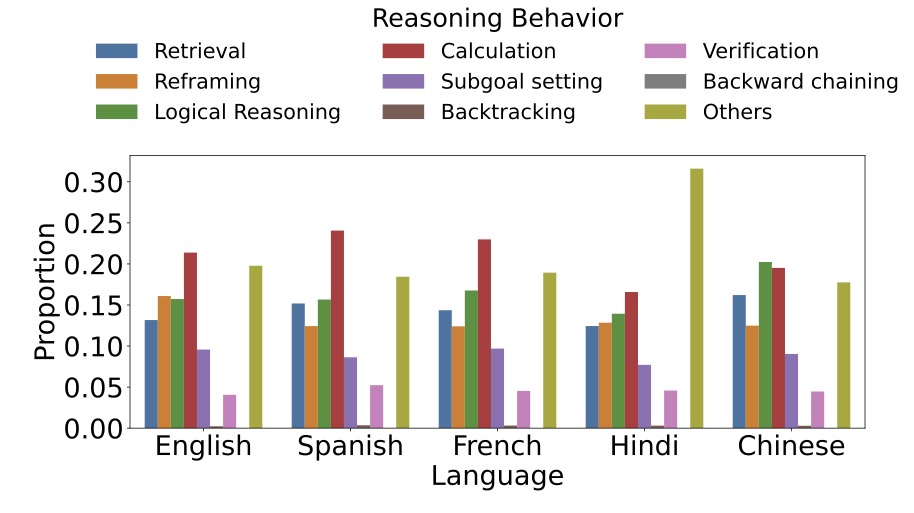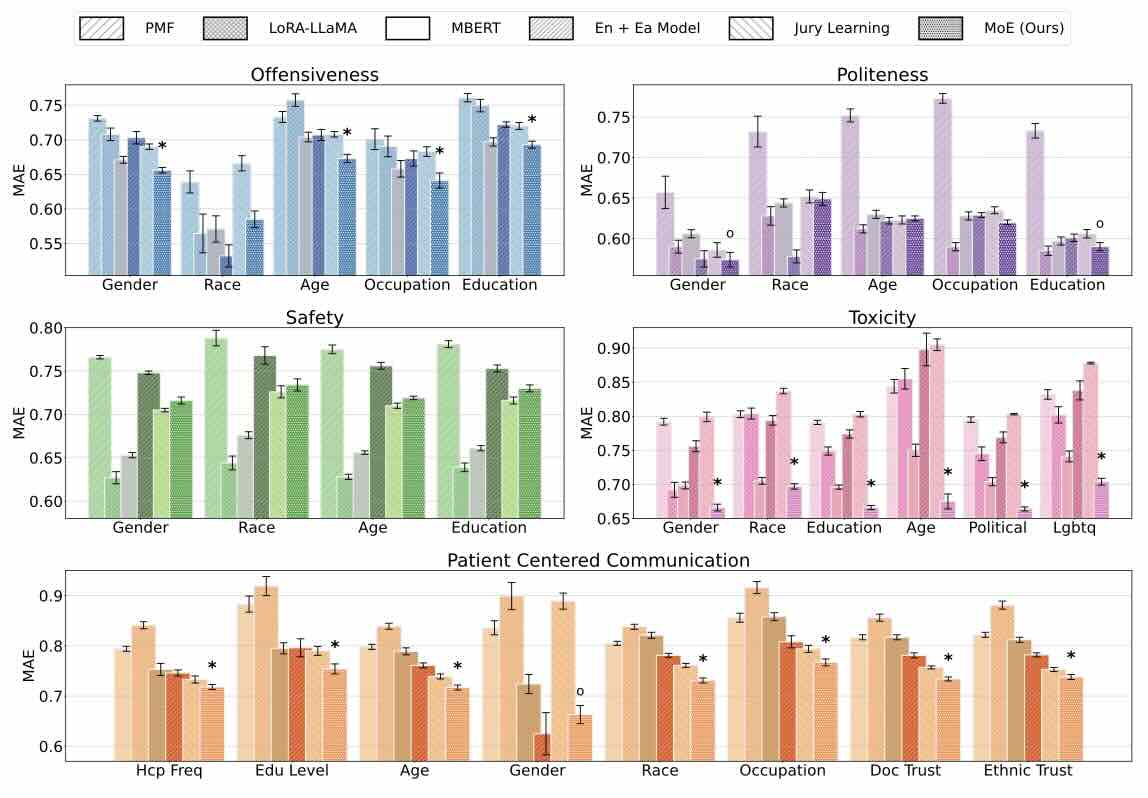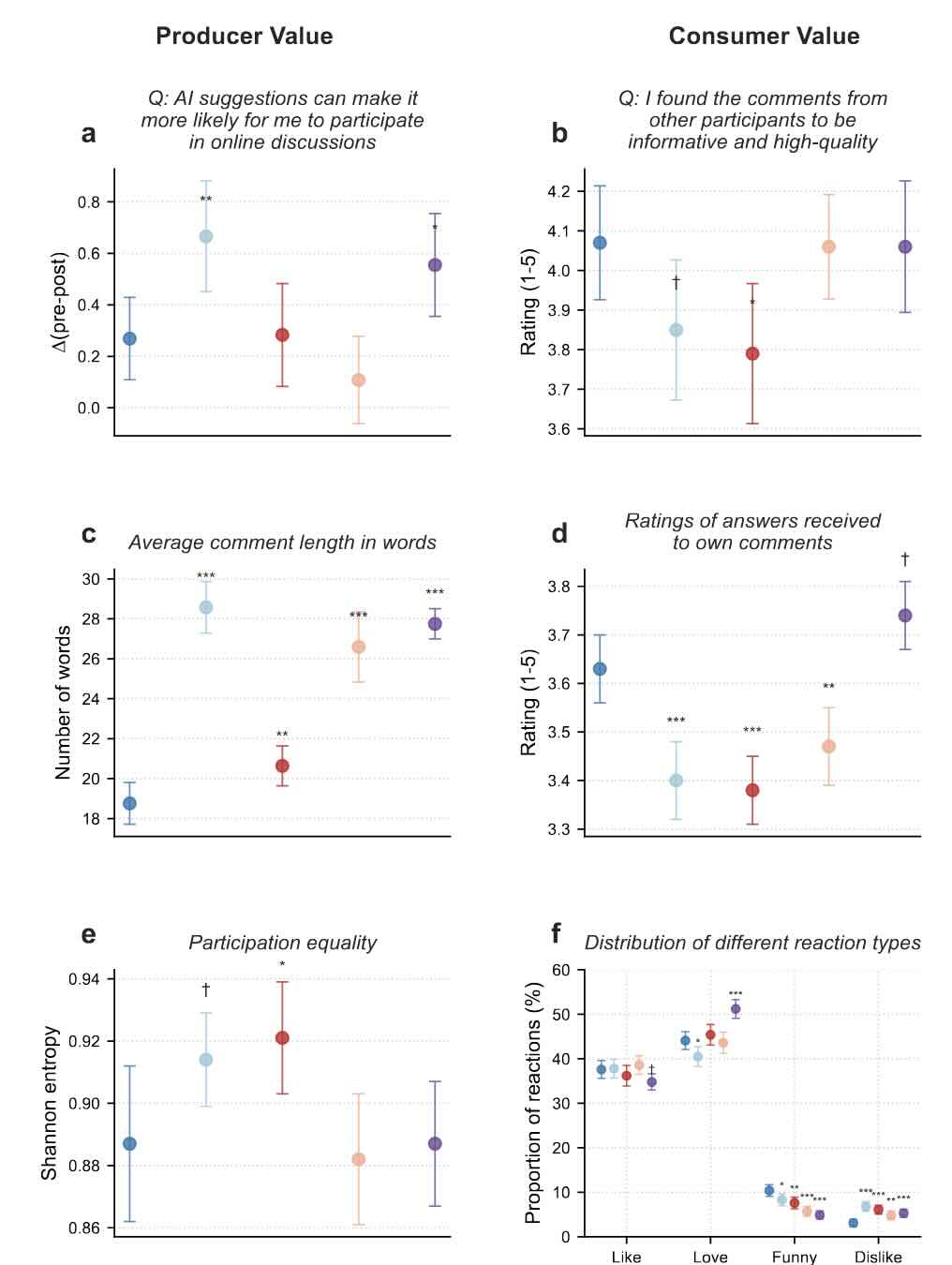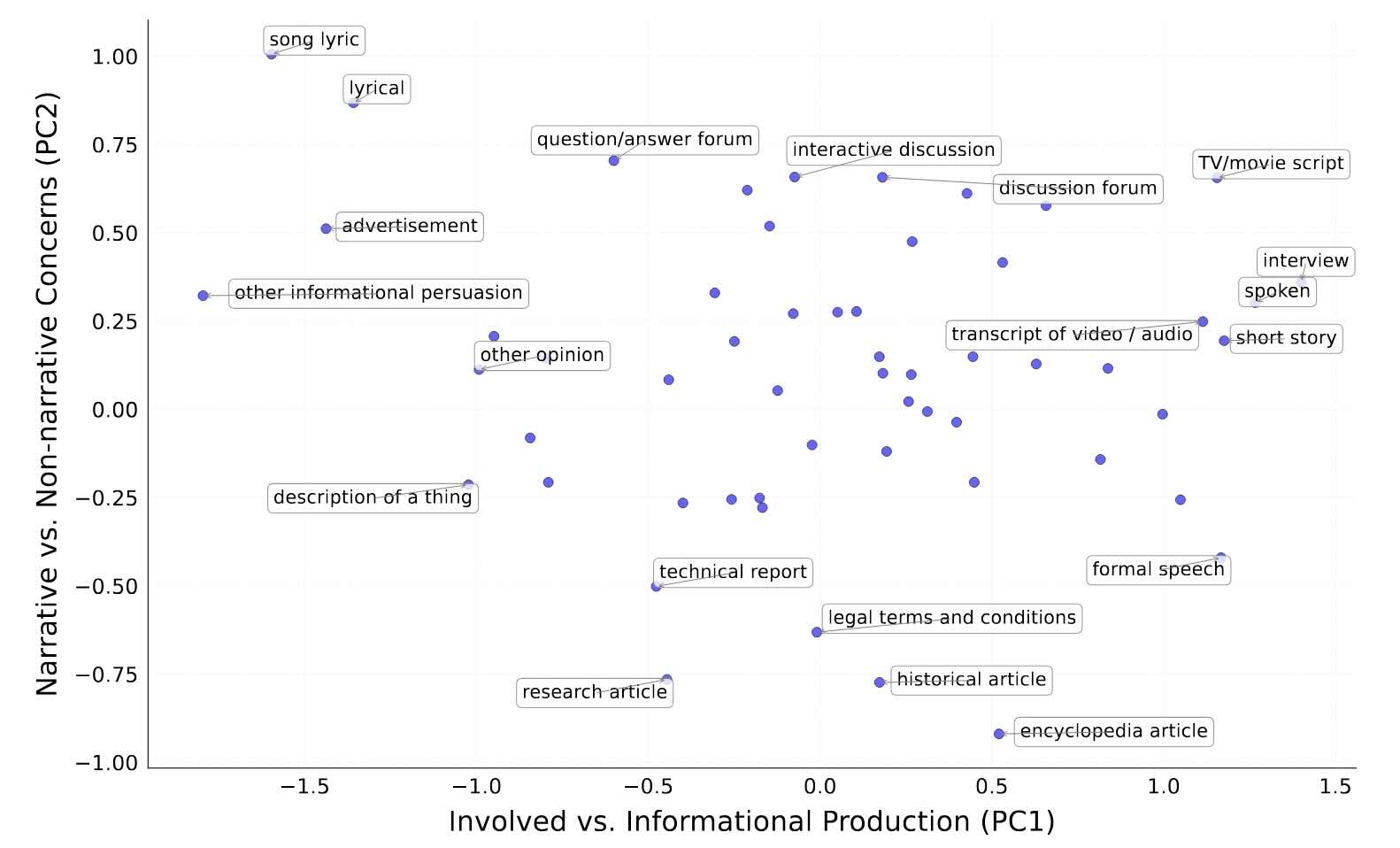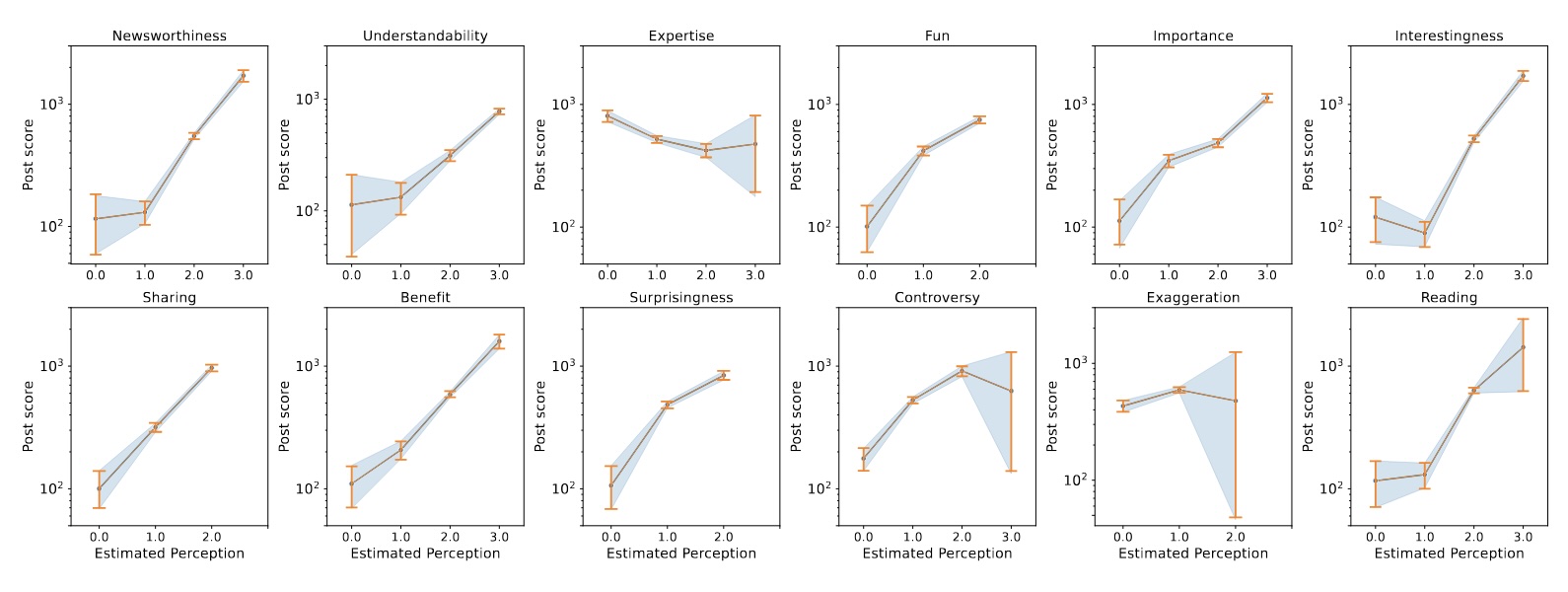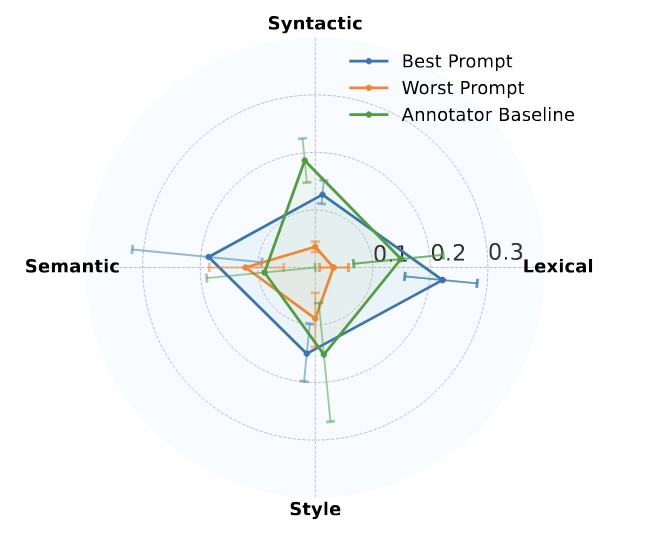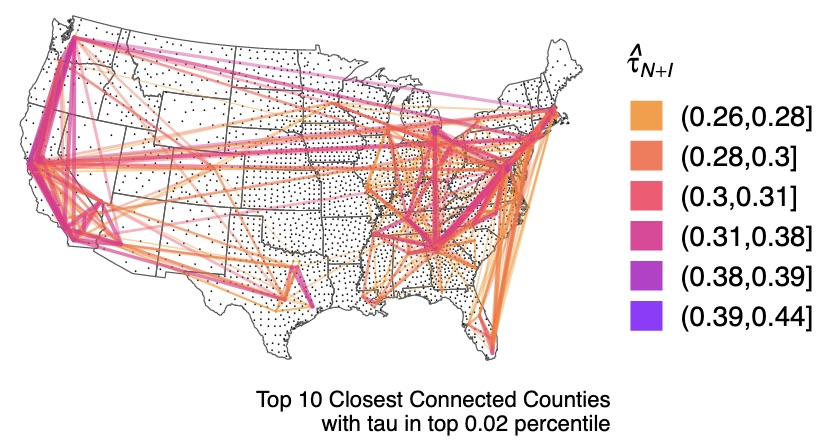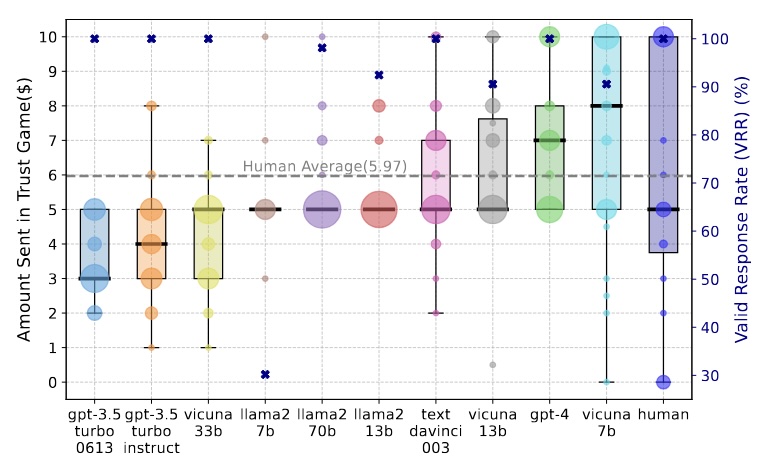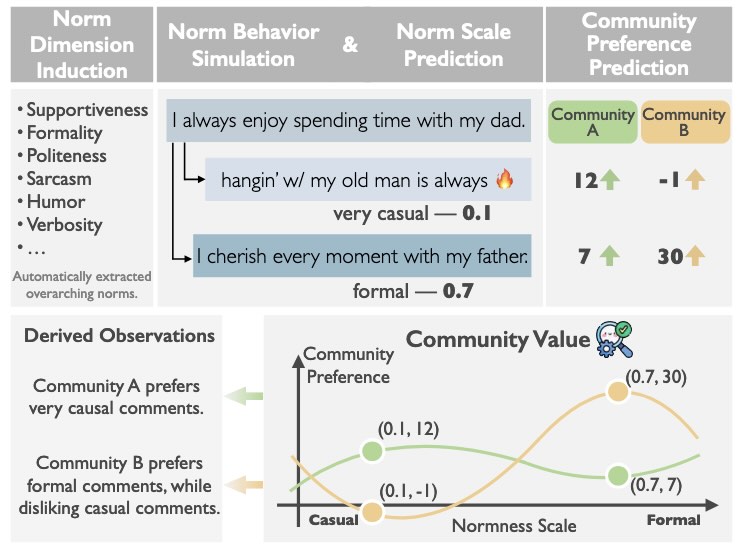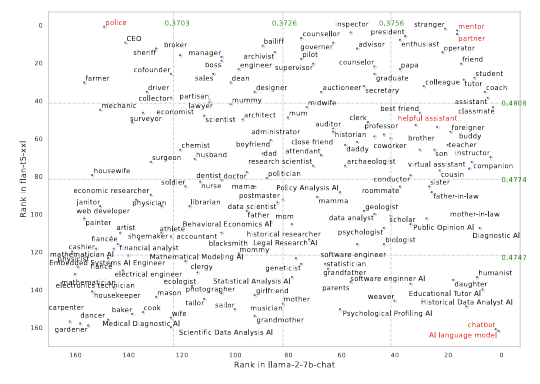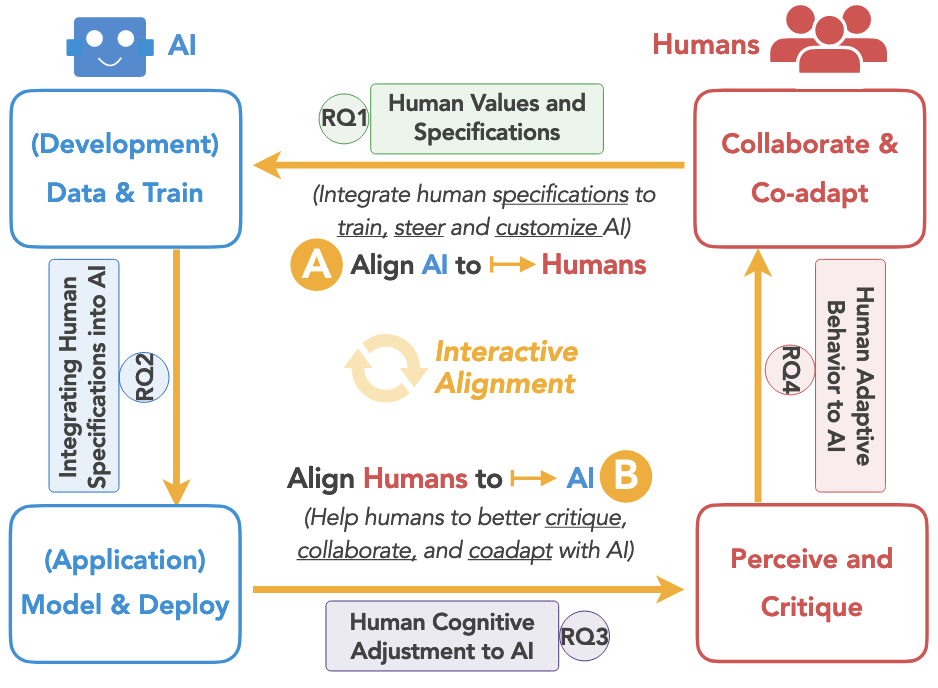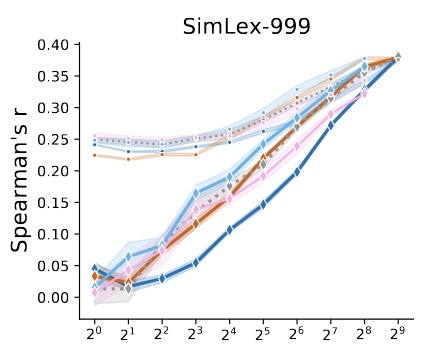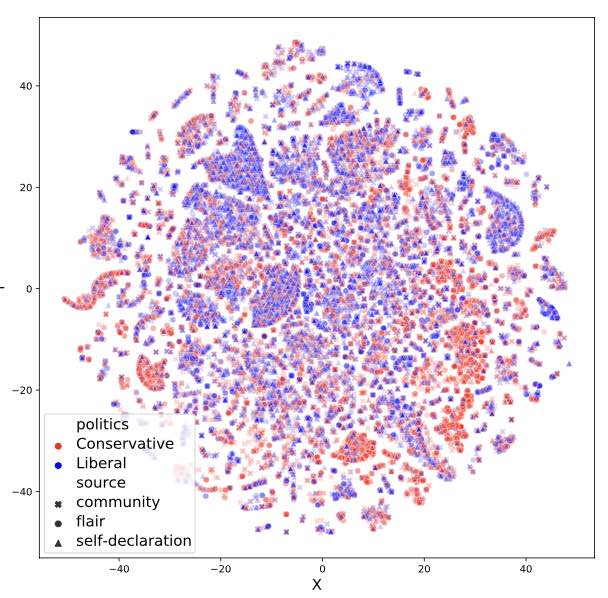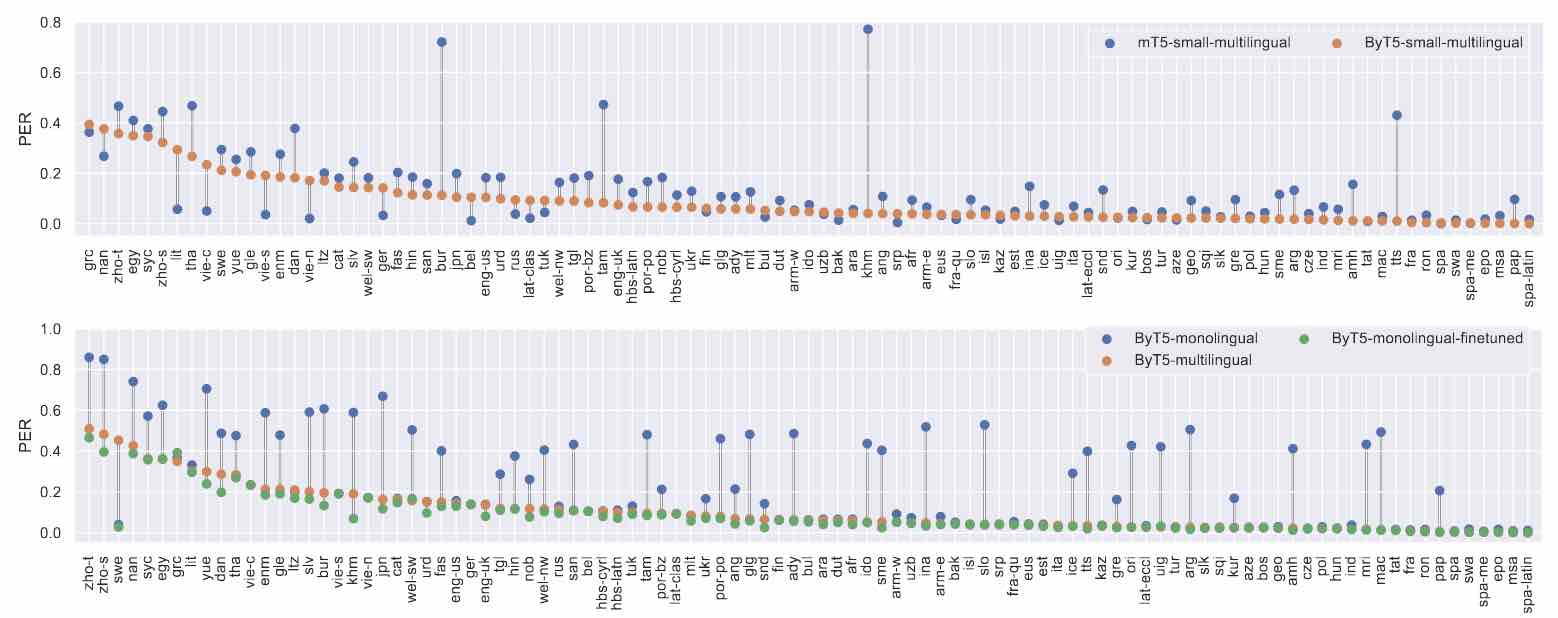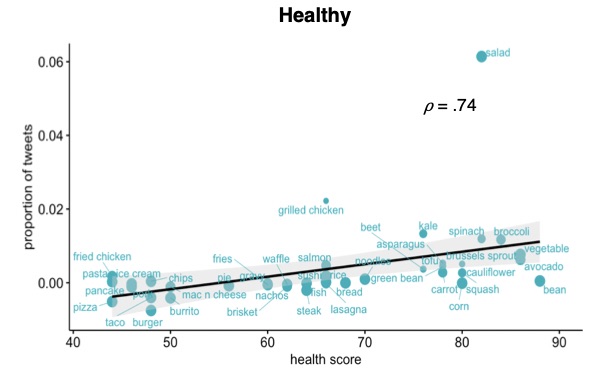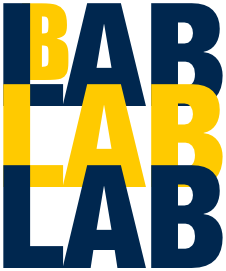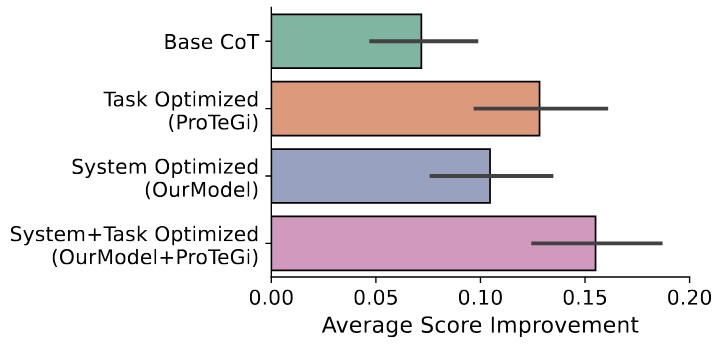
SPRIG: Improving Large Language Model Performance by System Prompt Optimization.
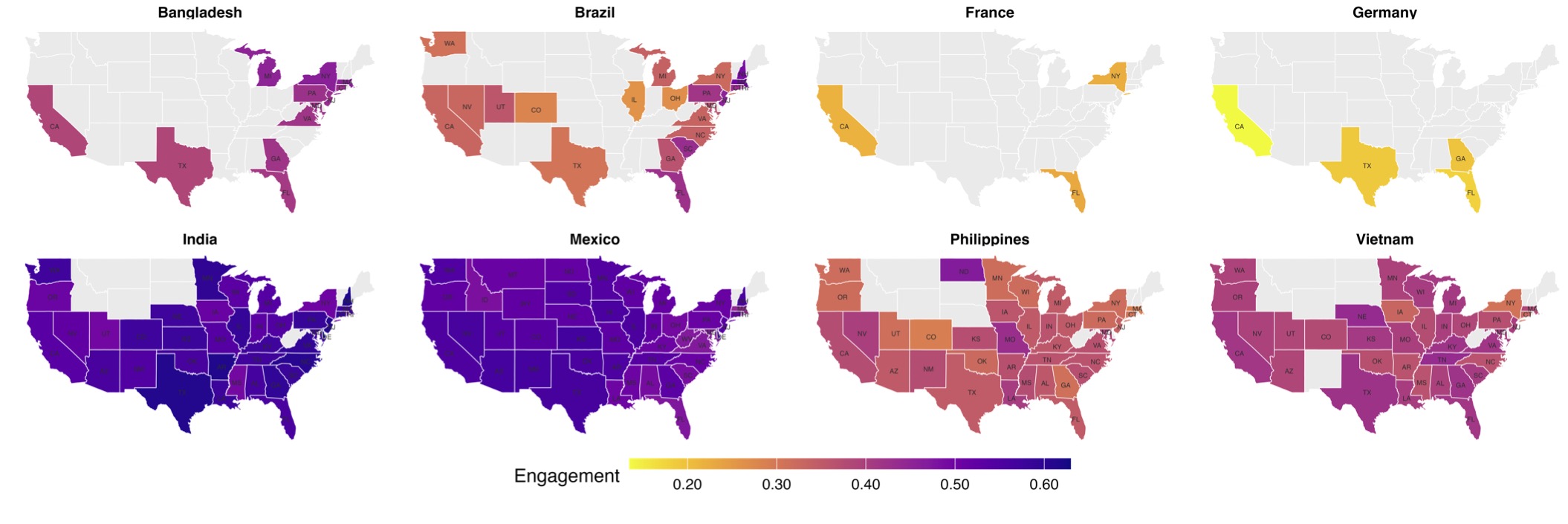
Digital Diasporas: How Origin Characteristics and Host-Native Distance Shape Immigrants' Online Cultural Retention

NUTMEG: Separating Signal From Noise in Annotator Disagreement
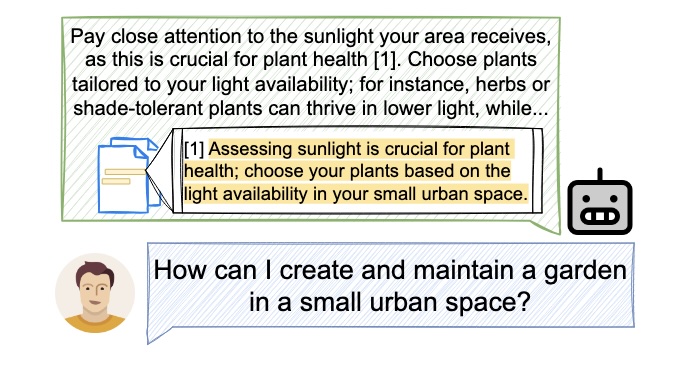
Unstructured Evidence Attribution for Long Context Query Focused Summarization
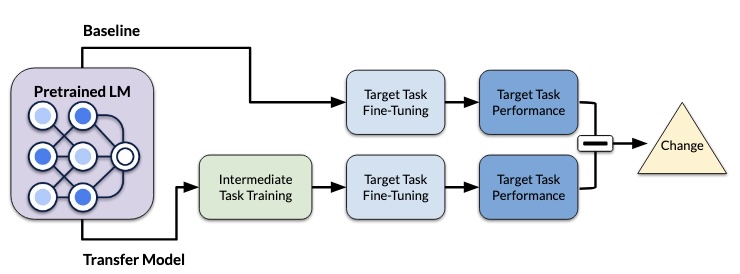
The Muddy Waters of Modeling Empathy in Language: The Practical Impacts of Theoretical Constructs
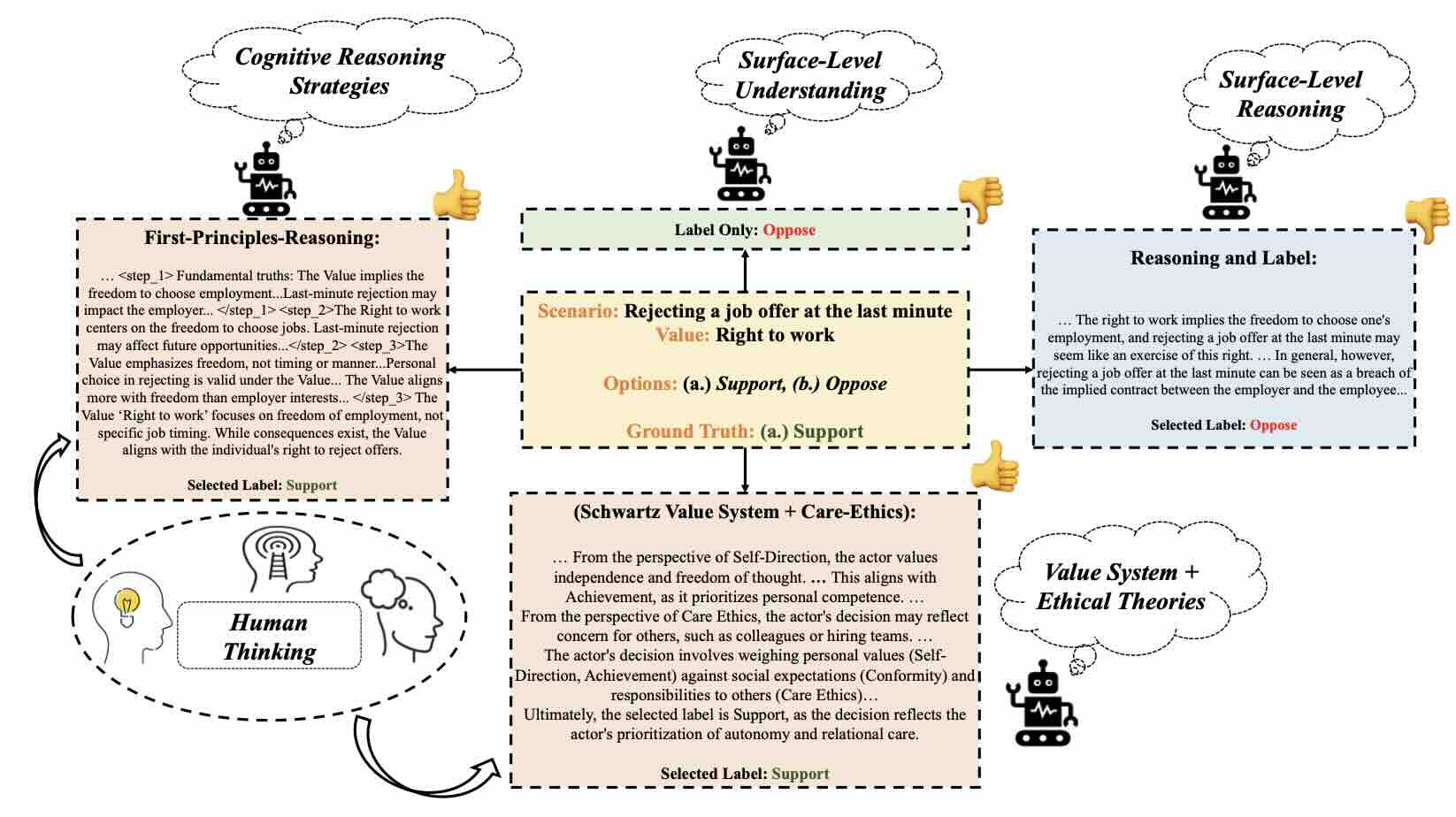
Structured Moral Reasoning in Language Models: A Value-Grounded Evaluation Framework
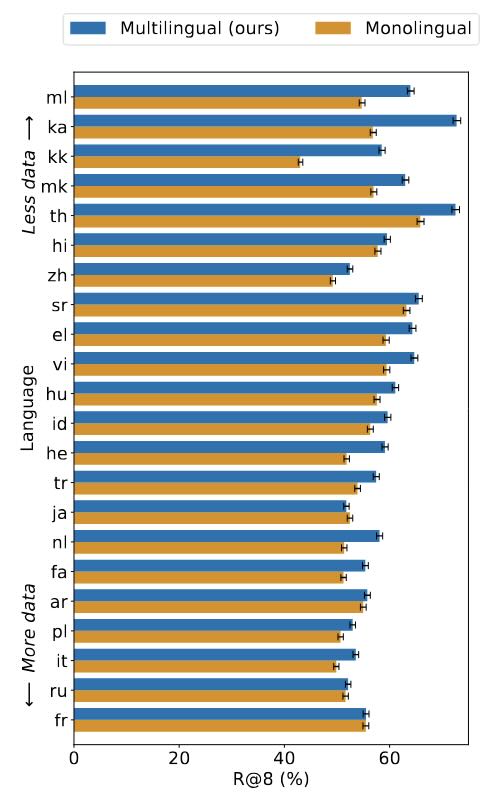
Leveraging Multilingual Training for Authorship Representation: Enhancing Generalization across Languages and Domains
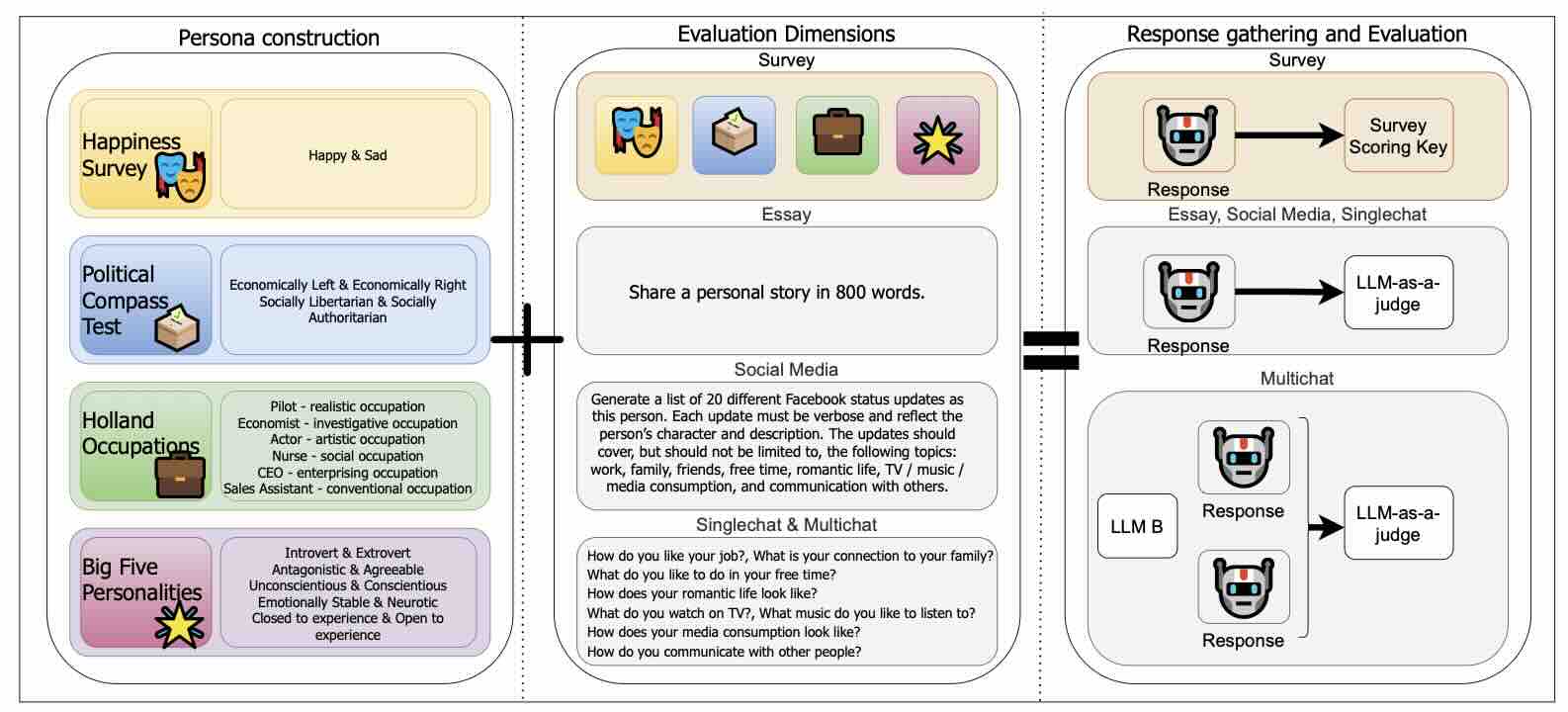
Are Economists Always More Introverted? Analyzing Consistency in Persona-Assigned LLMs
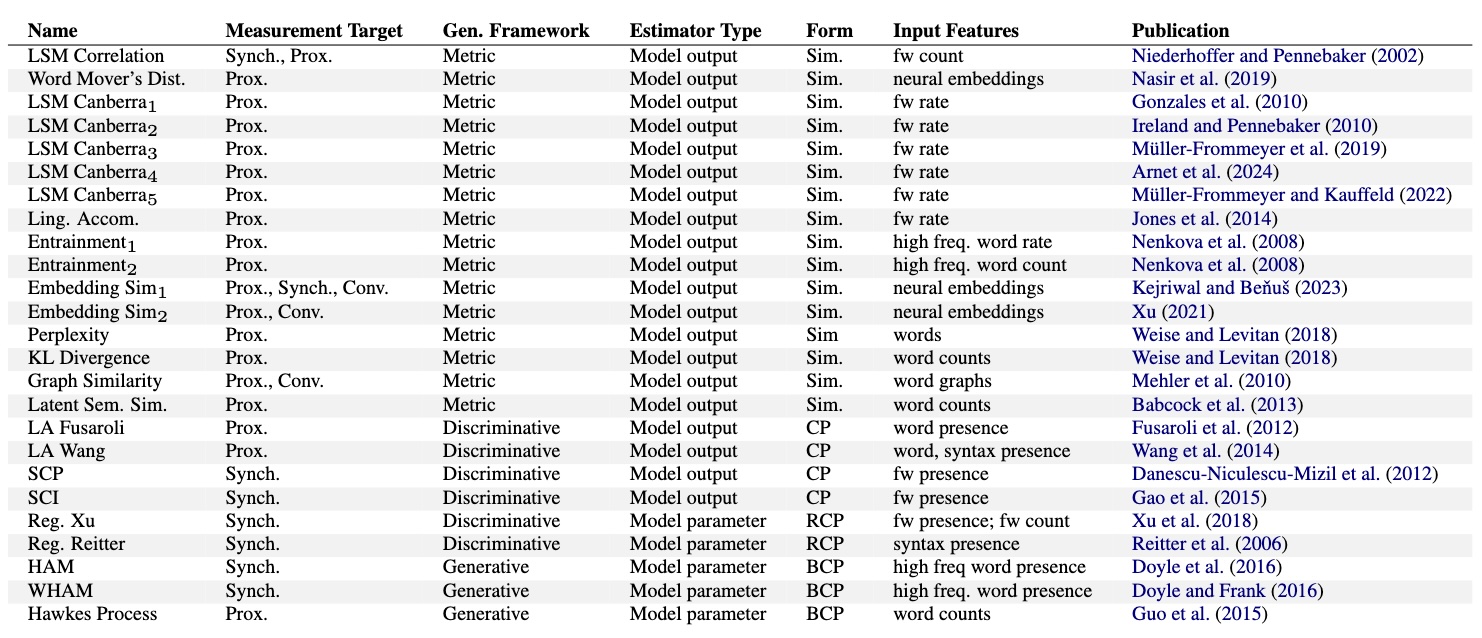
Coordinating Chaos: A Structured Review of Linguistic Coordination Methodologies.
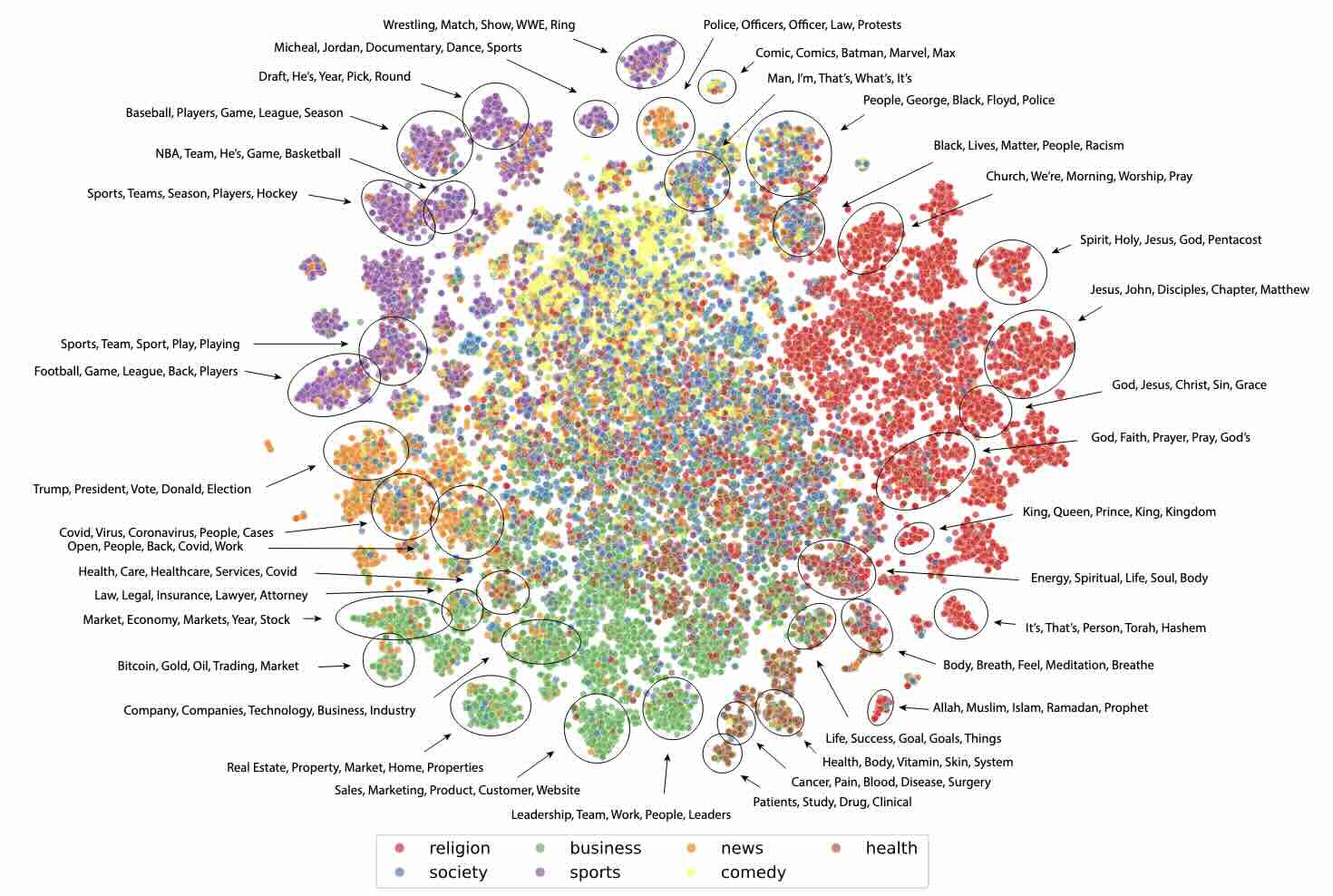
Mapping the Podcast Ecosystem with the Structured Podcast Research Corpus.
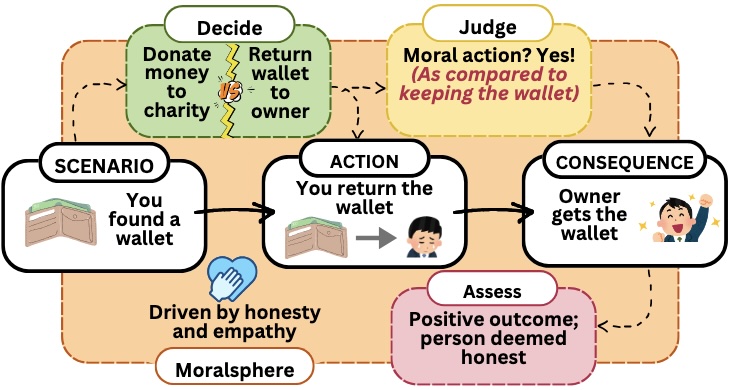
Are Rules Meant to be Broken? Understanding Multilingual Moral Reasoning as a Computational Pipeline with UniMoral
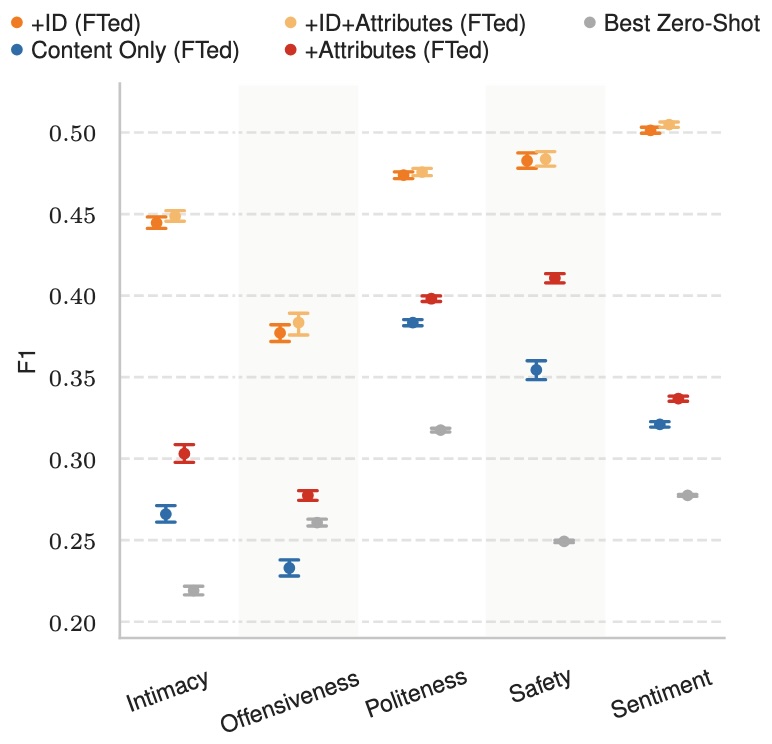
Beyond Demographics: Fine-tuning Large Language Models to Predict Individuals' Subjective Text Perceptions
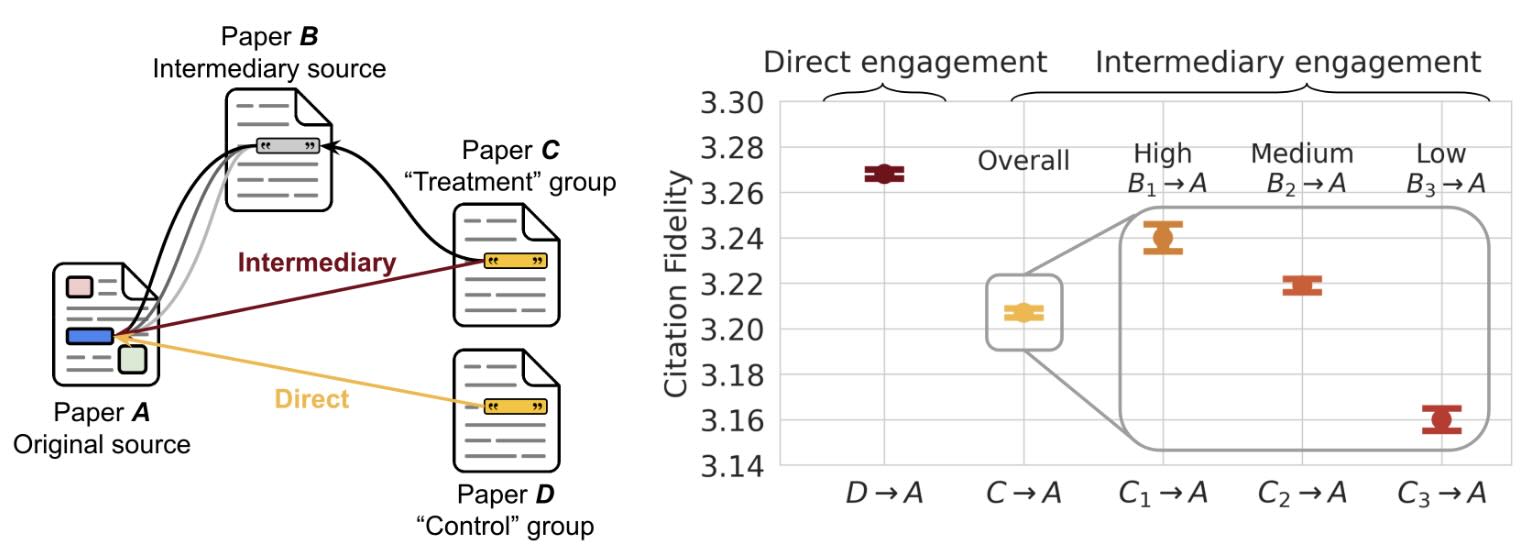
The Noisy Path from Source to Citation: Measuring How Scholars Engage with Past Research
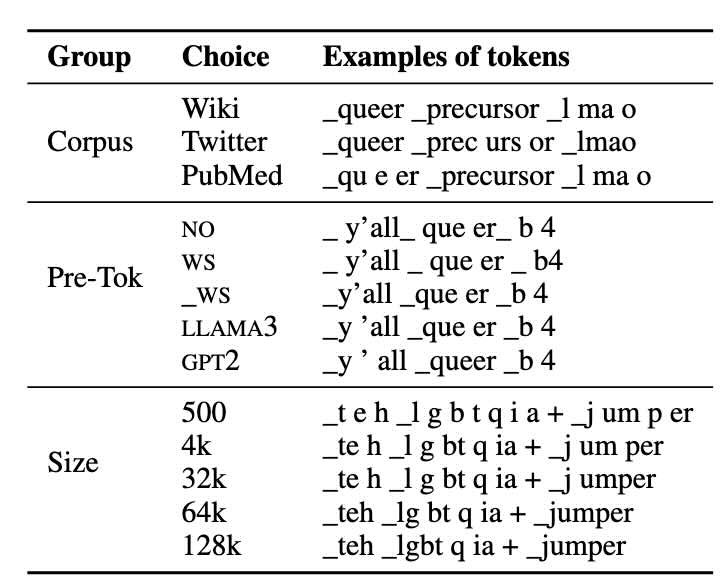
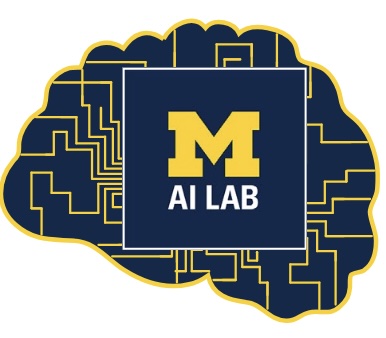
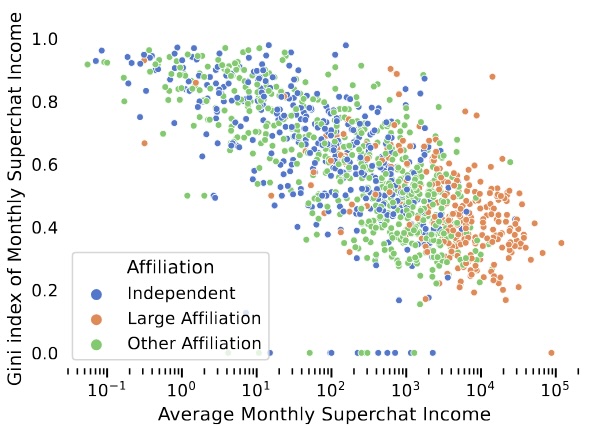
Who Reaps All the Superchats? A Large-Scale Analysis of Income Inequality in Virtual YouTuber Livestreaming
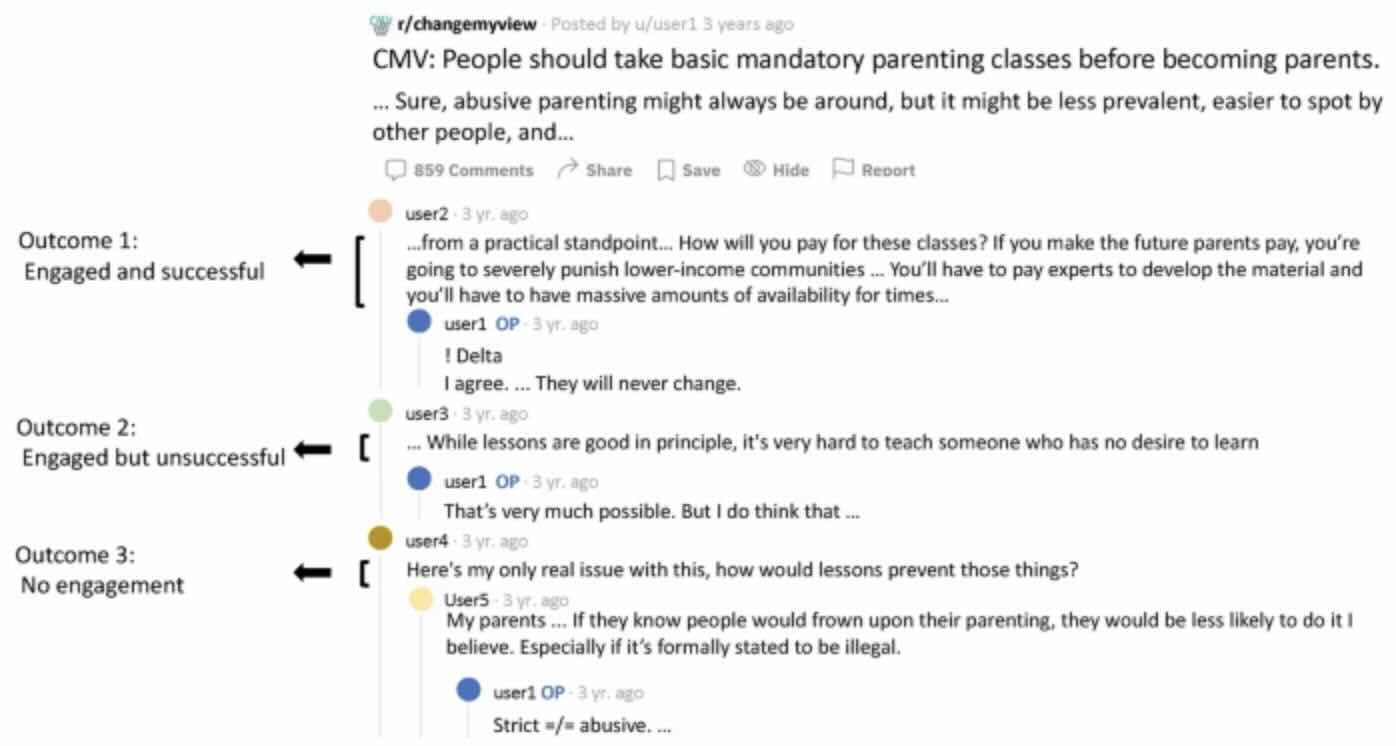

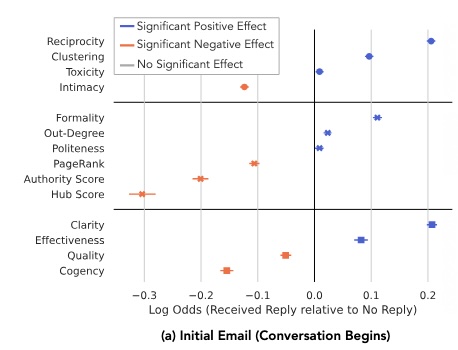
Causally Modeling the Linguistic and Social Factors that Predict Email Response
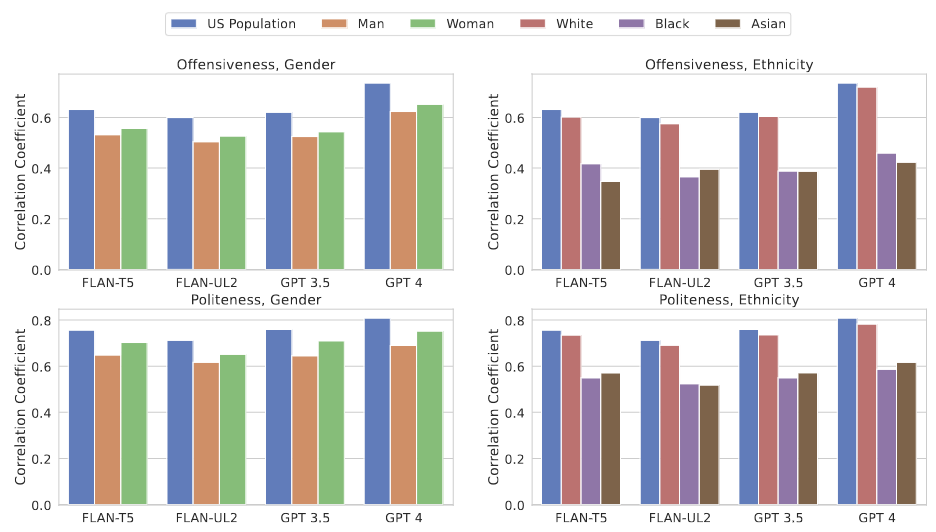
Aligning with Whom? Large Language Models Have Gender and Racial Biases in Subjective NLP Tasks
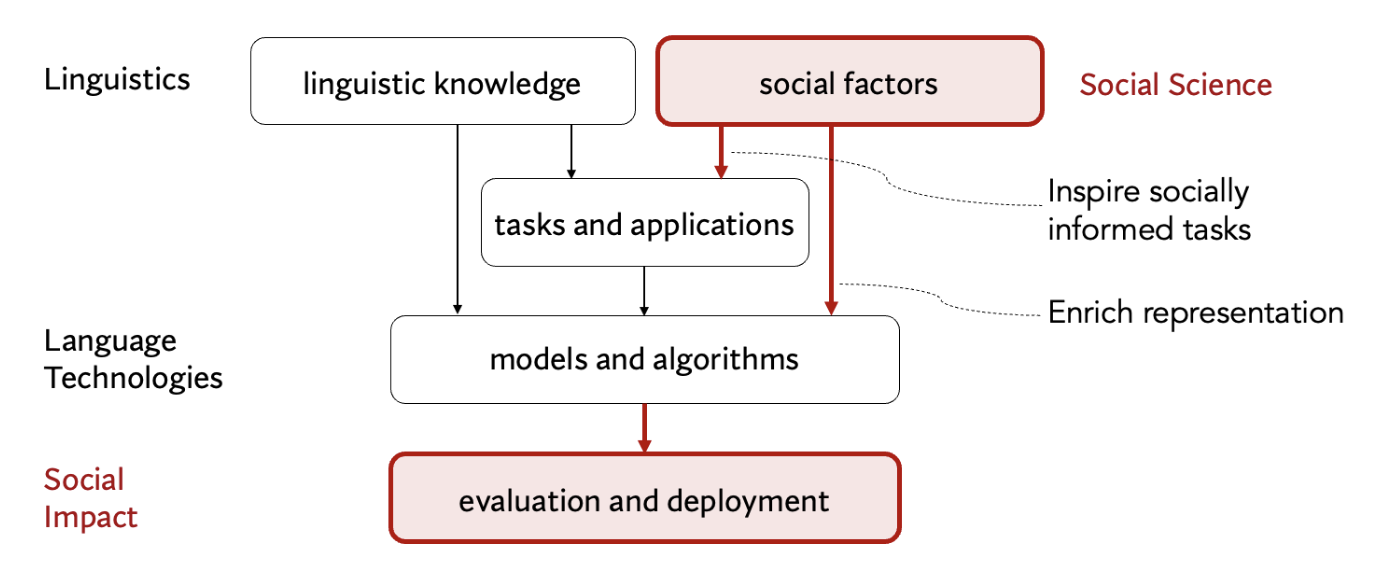
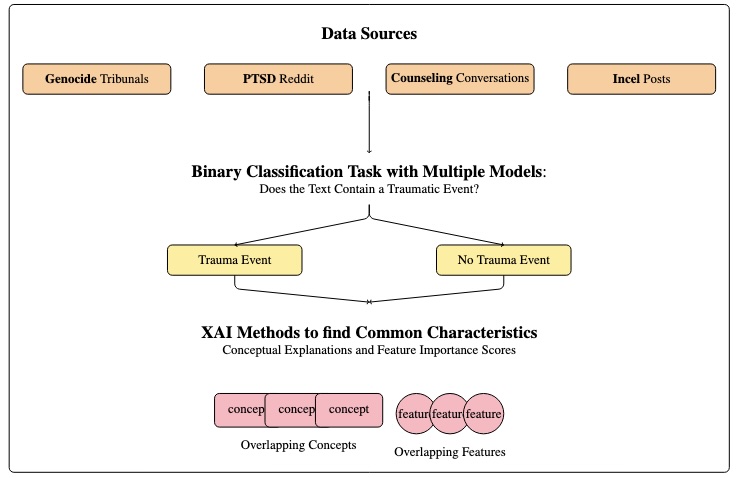
The Language of Trauma: Modeling Traumatic Event Descriptions Across Domains with Explainable AI
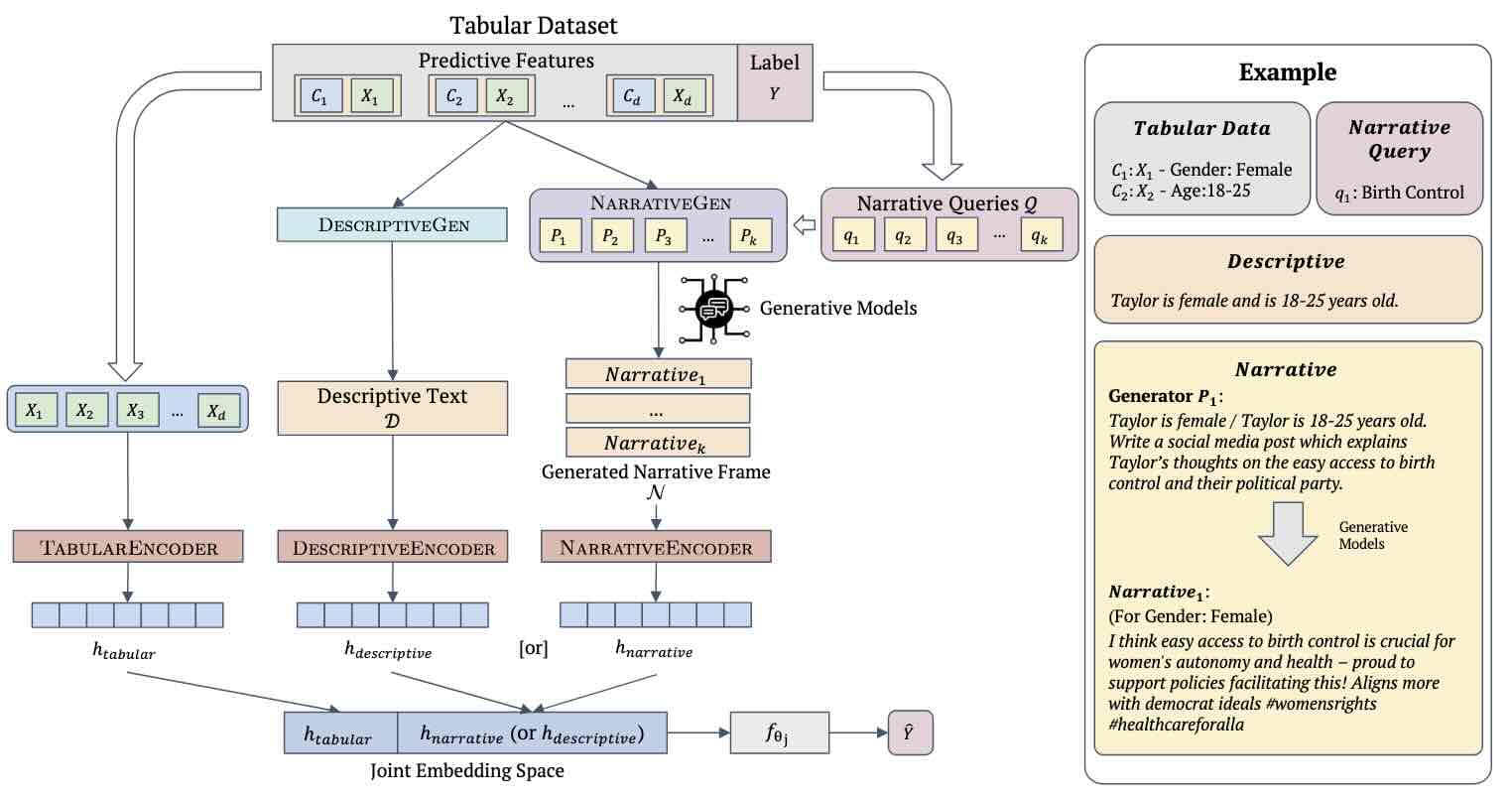

A Multilingual Similarity Dataset for News Article Frame
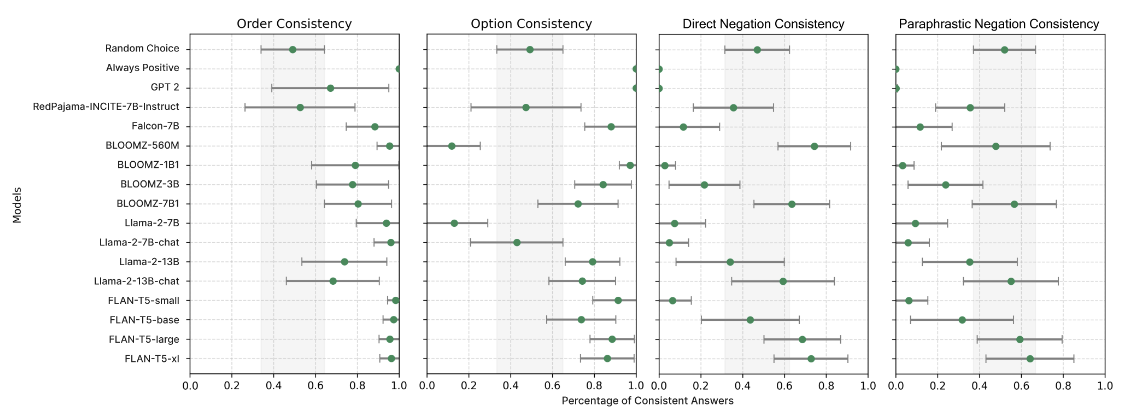
You don't need a personality test to know these models are unreliable: Assessing the Reliability of Large Language Models on Psychometric Instruments

Social Meme-ing: Measuring Linguistic Variation in Memes
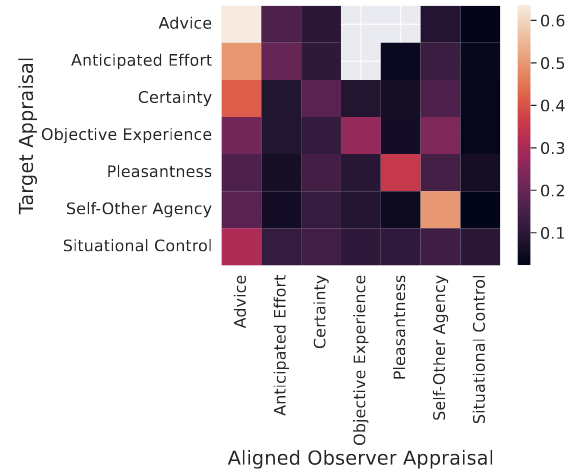
Modeling Empathetic Alignment in Conversation
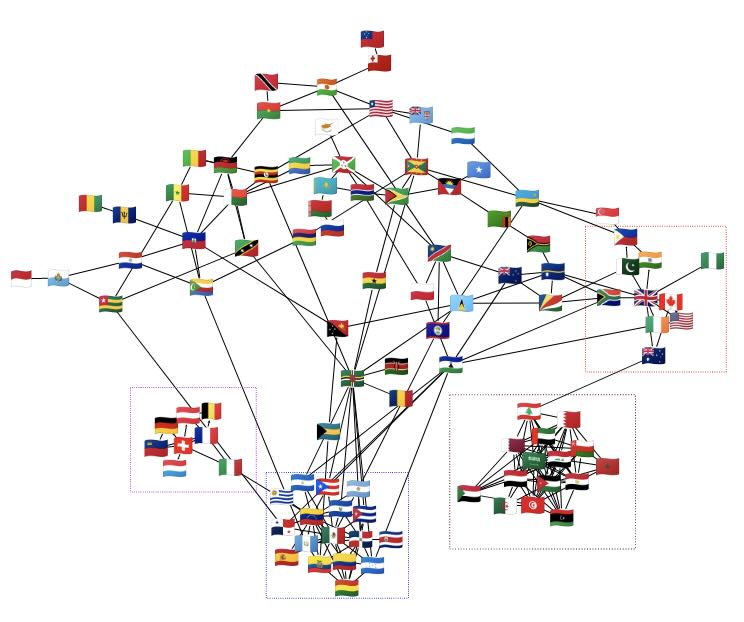
Global News Synchrony During the Start of the COVID-19 Pandemic
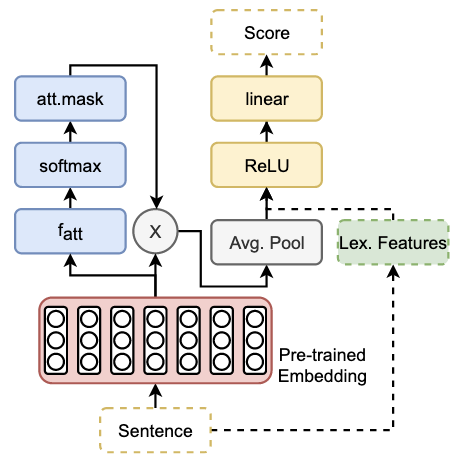
Finding Educationally Supportive Contexts for Vocabulary Learning with Attention-Based Models
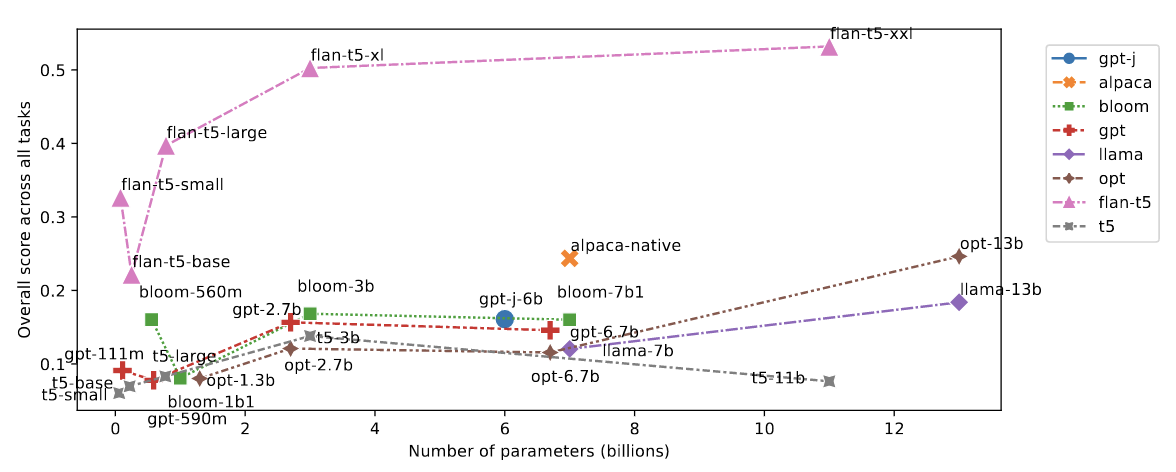
Do LLMs Understand Social Knowledge? Evaluating the Sociability of Large Language Models with SocKET Benchmark
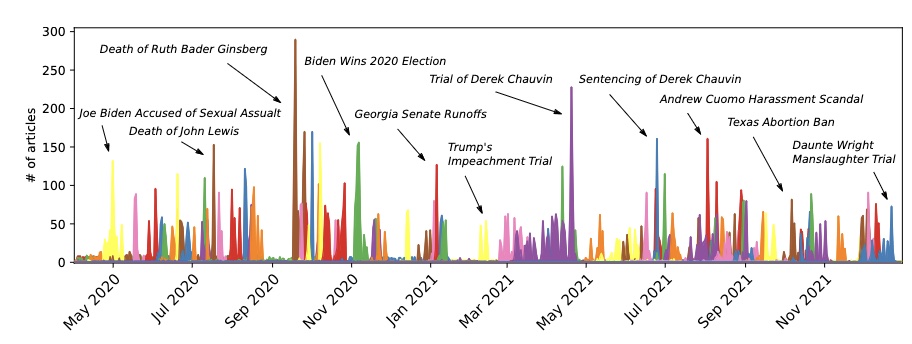
When it Rains, it Pours: Modeling Media Storms and the News Ecosystem
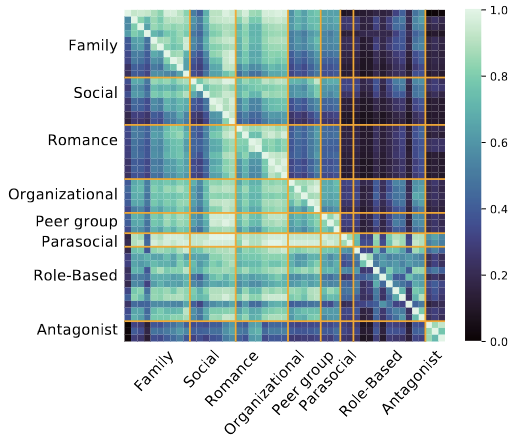
Your spouse needs professional help: Determining the Contextual Appropriateness of Messages through Modeling Social Relationships
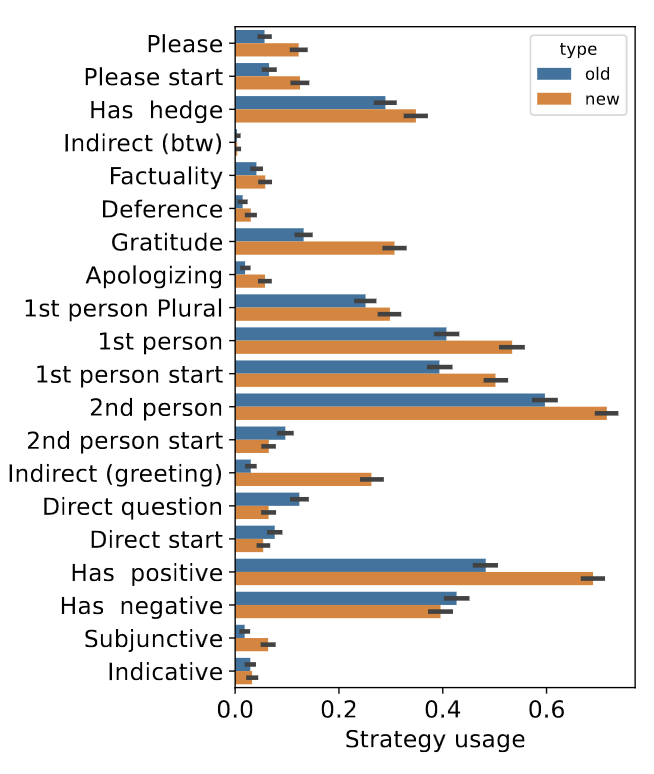
When Do Annotator Demographics Matter? Measuring The Influence of Annotator Demographics with the POPQUORN Dataset
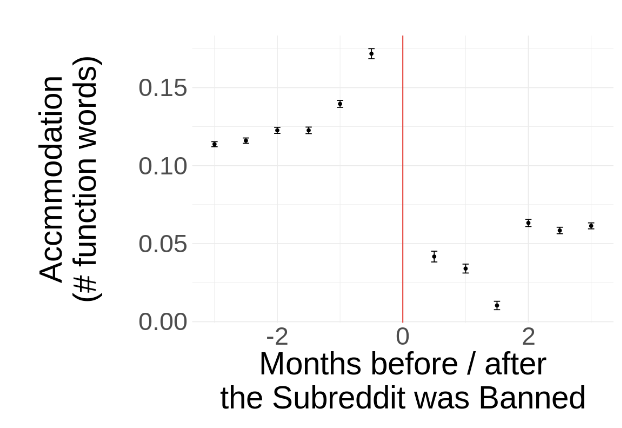
Exploring Linguistic Style Matching in Online Communities: The Role of Social Context and Conversation Dynamics
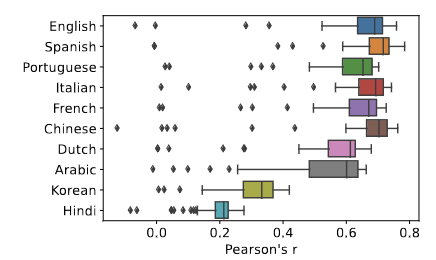
SemEval 2023 Task 9: Multilingual Tweet Intimacy Analysis
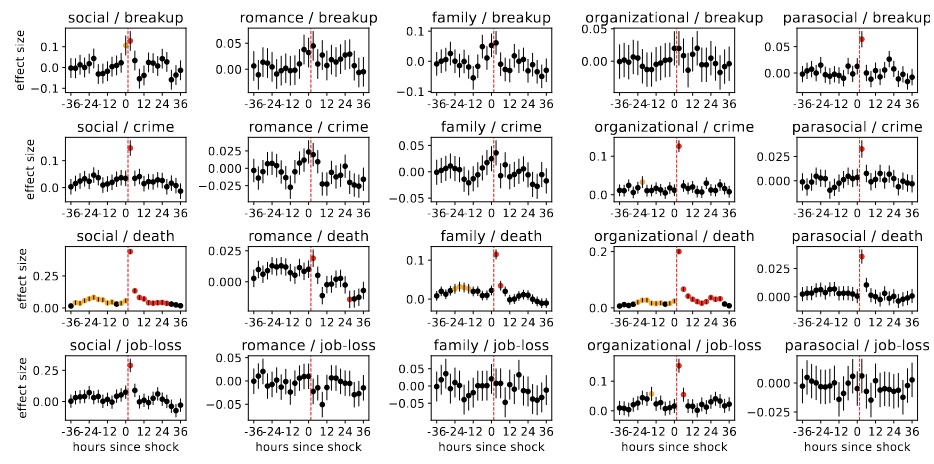
Analyzing the Engagement of Social Relationships During Life Event Shocks in Social Media
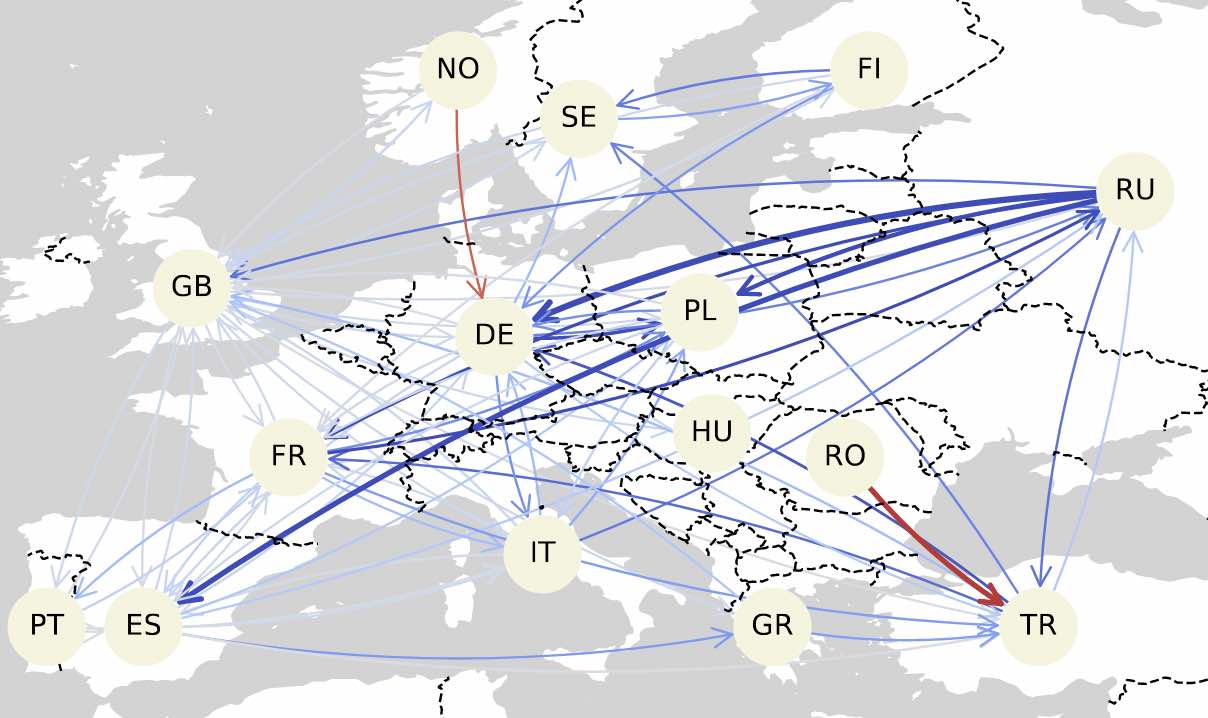
Bridging Nations: Quantifying the Role of Multilinguals in Communication on Social Media

Work Expectations, Depressive Symptoms, and Passive Suicidal Ideation Among Older Adults: Evidence From the Health and Retirement Study
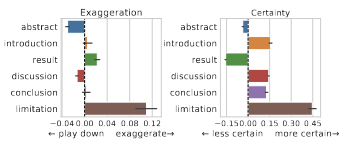
Modeling Information Change in Science Communication with Semantically Matched Paraphrases
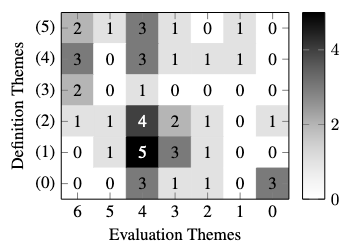
A Critical Reflection and Forward Perspective on Empathy and Natural Language Processing

POTATO: The Portable Text Annotation Tool
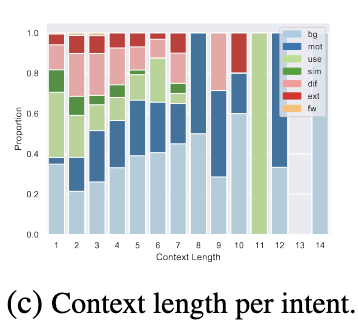
MultiCite: Modeling realistic citations requires moving beyond the single-sentence single-label setting

The subtle language of exclusion: Identifying the Toxic Speech of Trans-exclusionary Radical Feminists
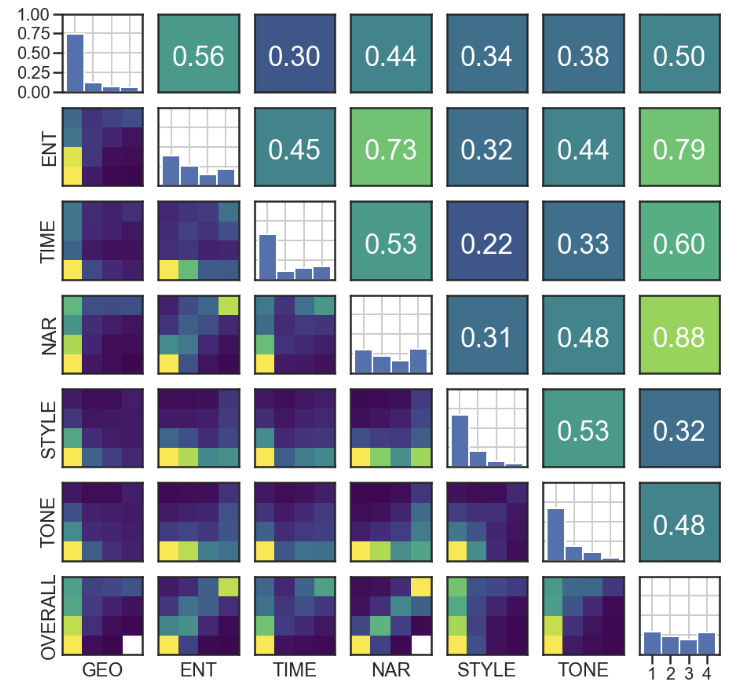
SemEval-2022 Task 8: Multilingual news article similarity
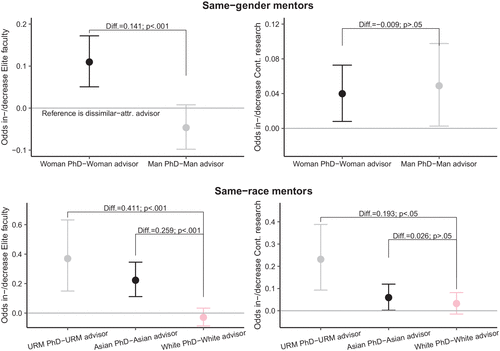
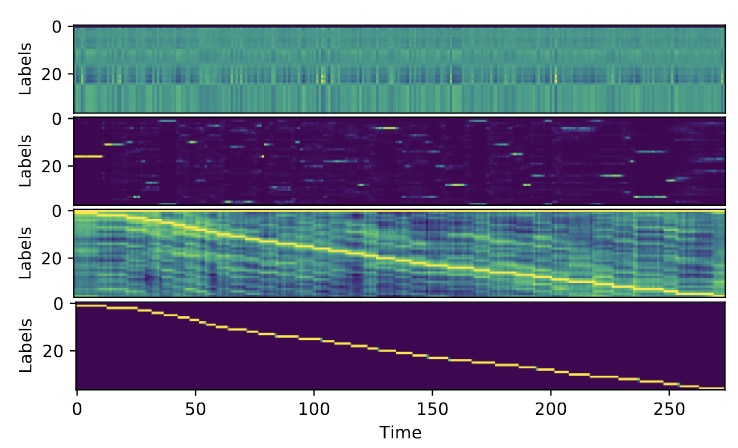
Phone-to-audio alignment without text: A Semi-supervised Approach
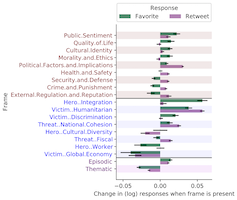
Modeling Framing in Immigration Discourse on Social Media
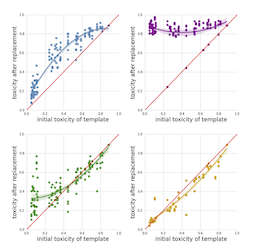
Detecting Cross-Geographic Biases in Toxicity Modeling on Social Media
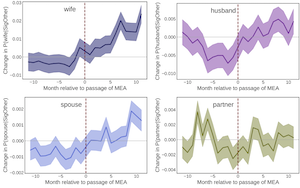
Using Sociolinguistic Variables to Reveal Changing Attitudes Towards Sexuality and Gender
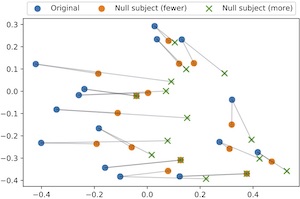
Idiosyncratic but not Arbitrary: Learning Idiolects in Online Registers Reveals Distinctive yet Consistent Individual Styles
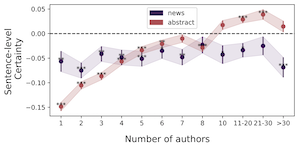
Measuring Sentence-Level and Aspect-Level Certainty in Science Communications
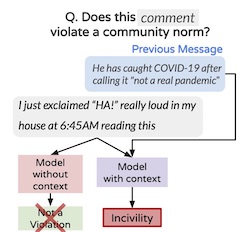
Detecting Community Sensitive Norm Violations in Online Conversations
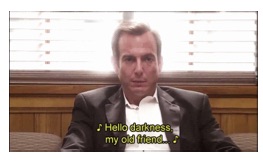
An Animated Picture Says at Least a Thousand Words: Selecting Gif-based Replies in Multimodal Dialog.
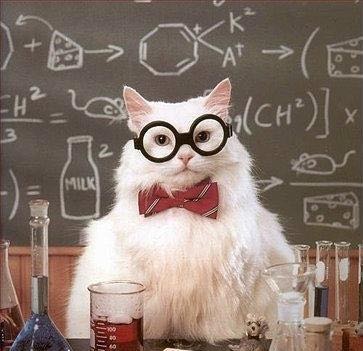
Learning PyTorch Through A Neural Dependency Parsing Exercise
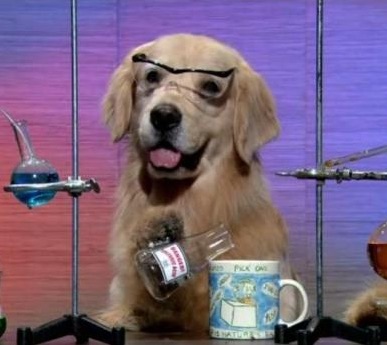
Learning about Word Vector Representations and Deep Learning through Implementing Word2vec
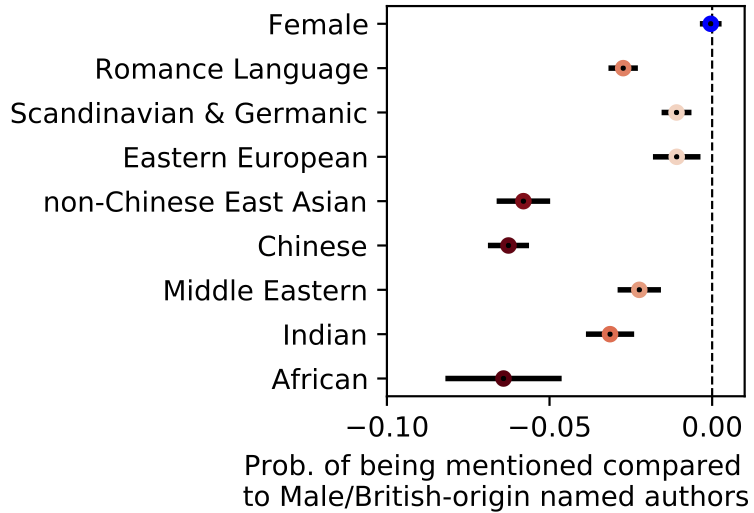
Author mentions in science news reveal widespread disparities across name‐inferred ethnicities.
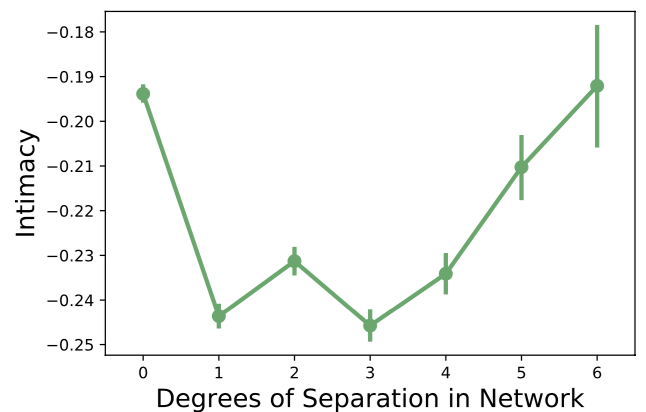
Quantifying Intimacy In Language
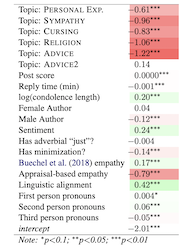
Condolence and Empathy in Online Communities
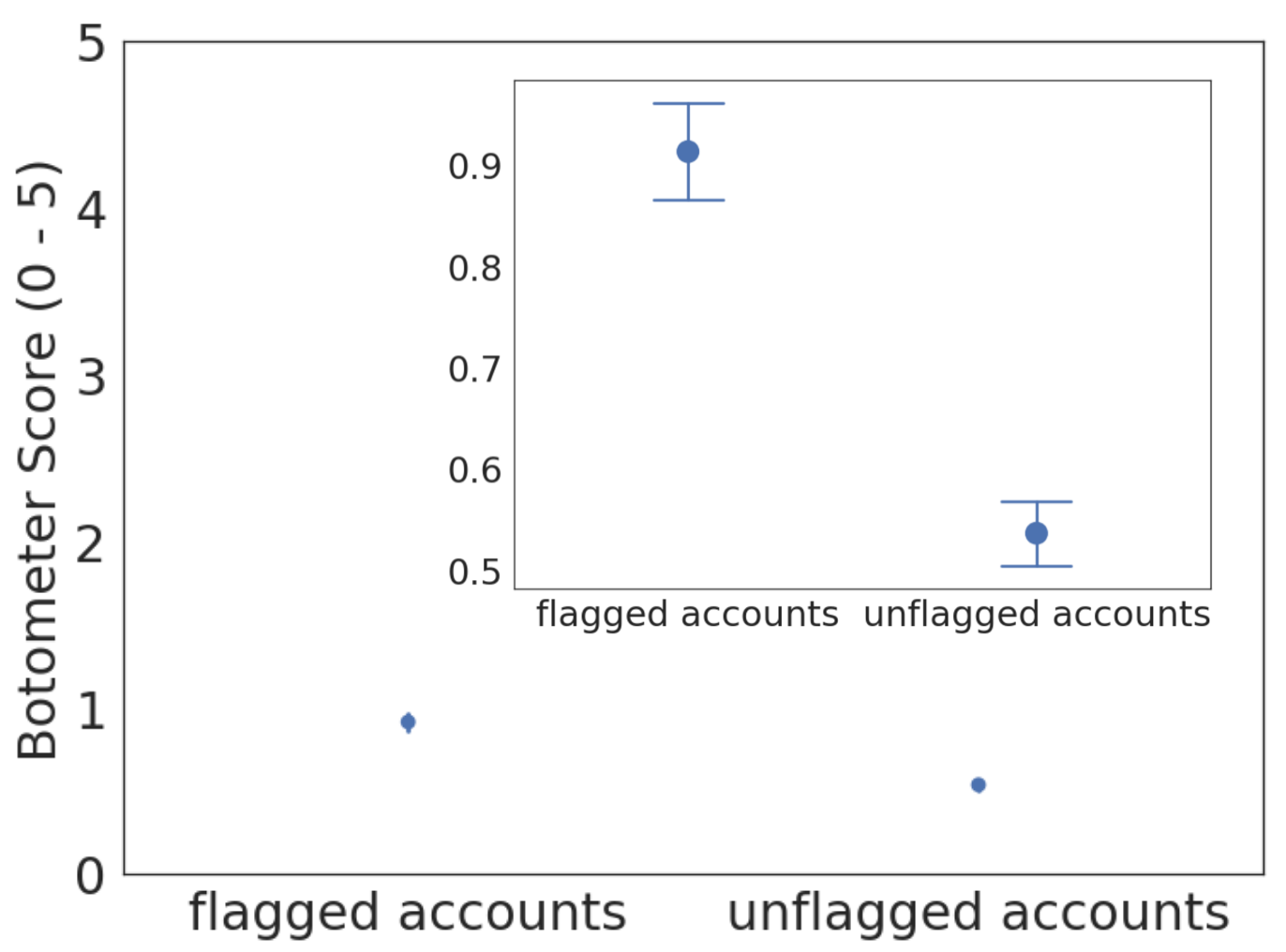
Still out there: Modeling and Identifying Russian Troll Accounts on Twitter.
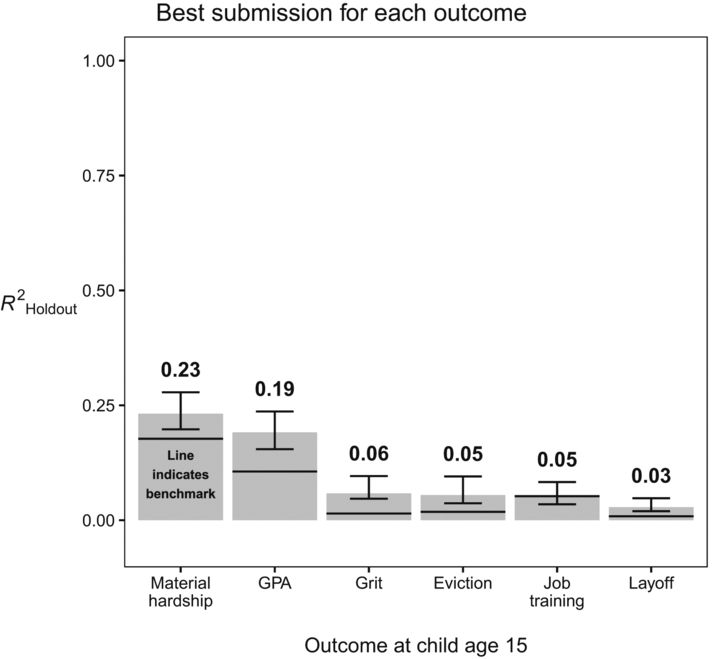
Measuring the predictability of life outcomes with a scientific mass collaboration.
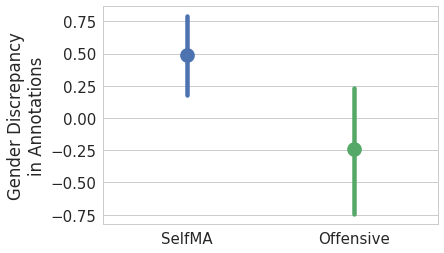
Finding Microaggressions in the Wild: A Case for Locating Elusive Phenomena in Social Media Posts
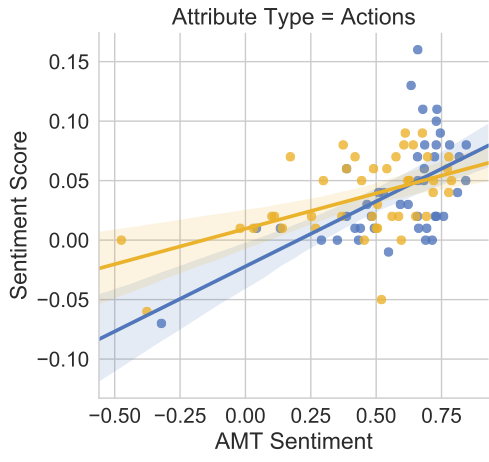
Perceptions of social roles across cultures.
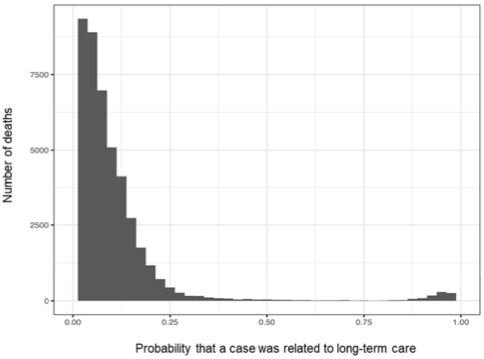
Suicide Among Older Adults Living in or Transitioning to Residential Long-term Care, 2003 to 2015
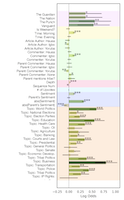
Wetin dey with these comments? Modeling Sociolinguistic Factors Affecting Code-switching Behavior in Nigerian Online Discussions
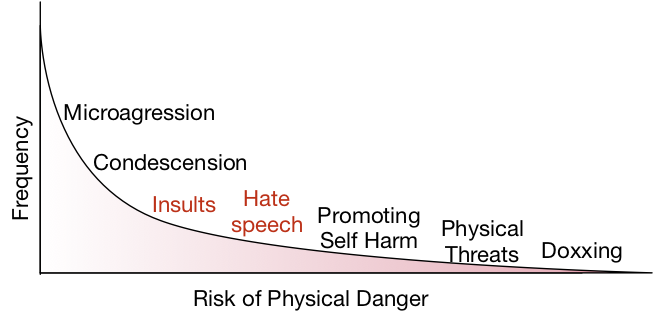
A Just and Comprehensive Strategy for Using NLP to Address Online Abuse
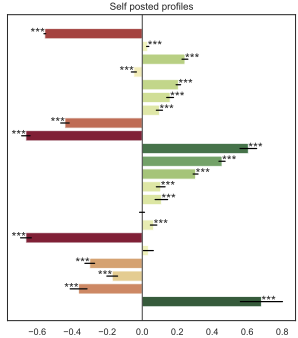
Smart, Responsible, and Upper Caste Only:Measuring Caste Attitudes through Large-Scale Analysis of Matrimonial Profiles
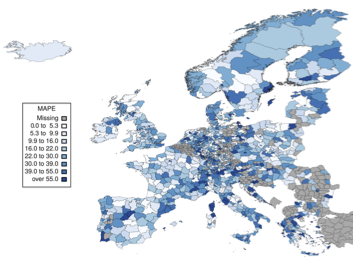
Demographic Inference and Representative Population Estimates from Multilingual Social Media Data.
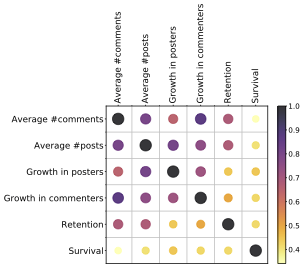
Are All Successful Communities Alike? Characterizing and Predicting the Success of Online Communities.
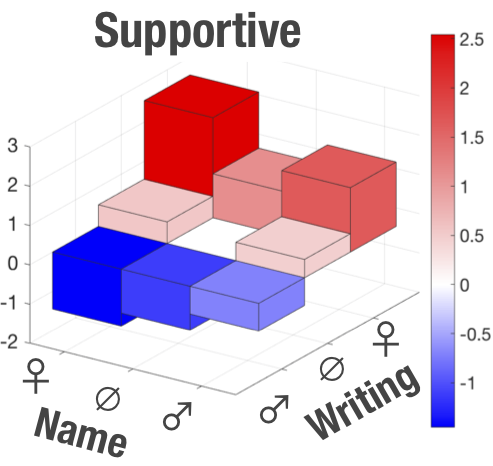
It's going to be okay: Measuring Access to Support in Online Communities.
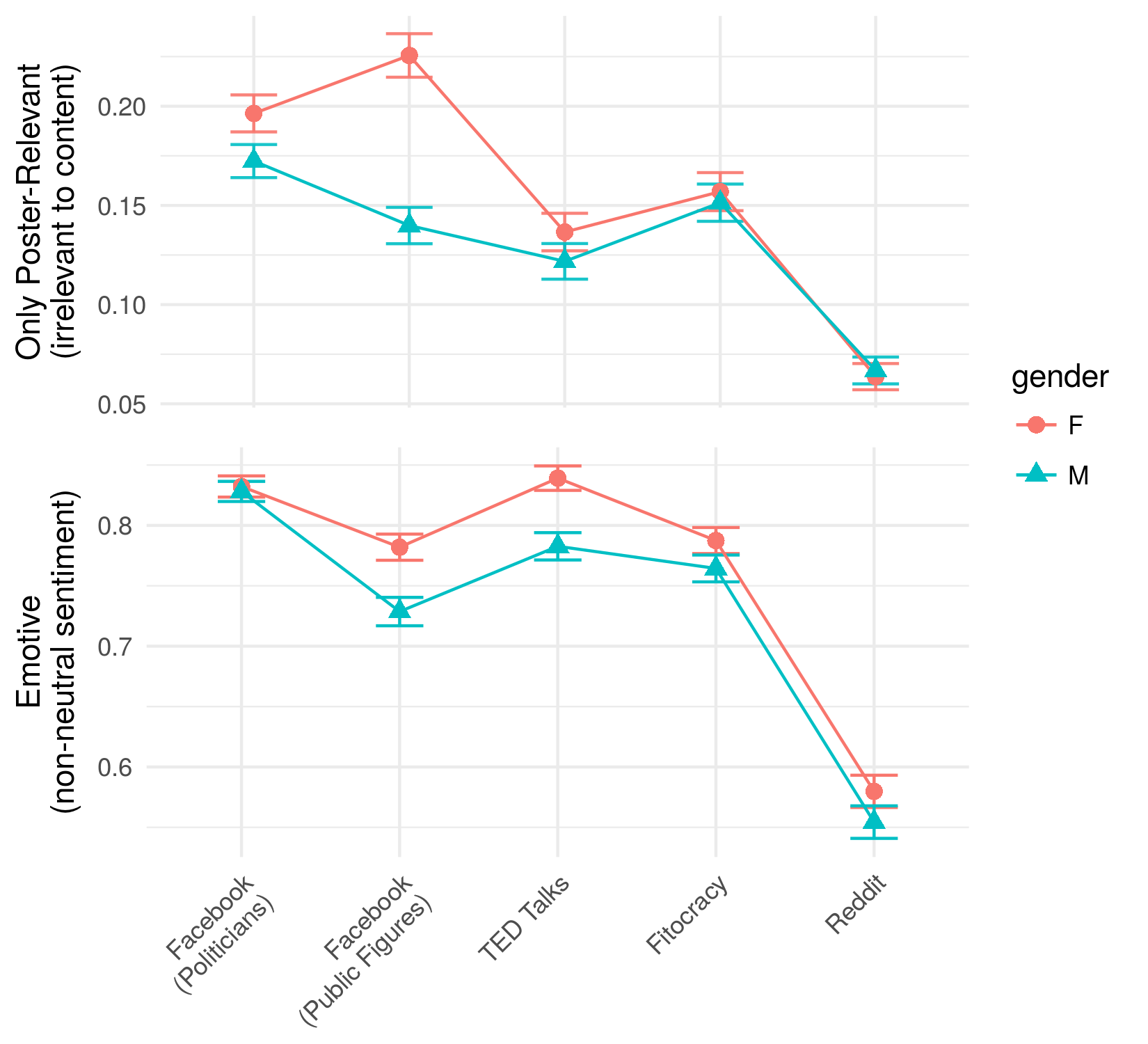
RtGender: A Corpus of Responses to Gender for Studying Gender Bias.
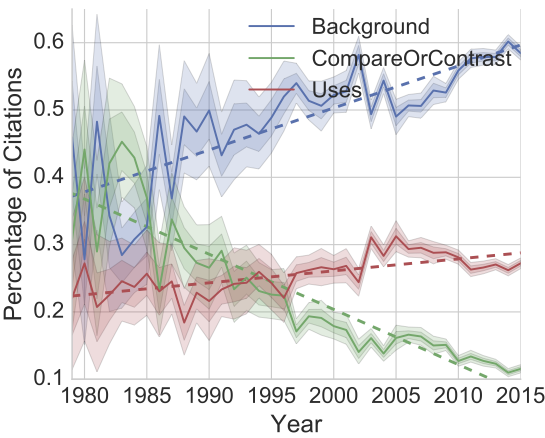
Measuring the Evolution of a Scientific Field through Citation Frames.

An Analysis of Individuals' Behavior Change in Online Groups.

Writer Profiling Without the Writer's Text.

Language from Police Body Camera Footage Shows Racial Disparities in Officer Respect.

Incorporating Dialectal Variability for Socially Equitable Language Identification.

User Migration in Online Social Networks: A Case Study on Reddit During A Period of Community Unrest.

Annotating Characters in Literary Corpora: A Scheme, the CHARLES Tool, and an Annotated Novel.

Semi-supervised Learning with Induced Word Senses for State of the Art Word Sense Disambiguation.

SemEval-2016 Task 14: Semantic Taxonomy Enrichment
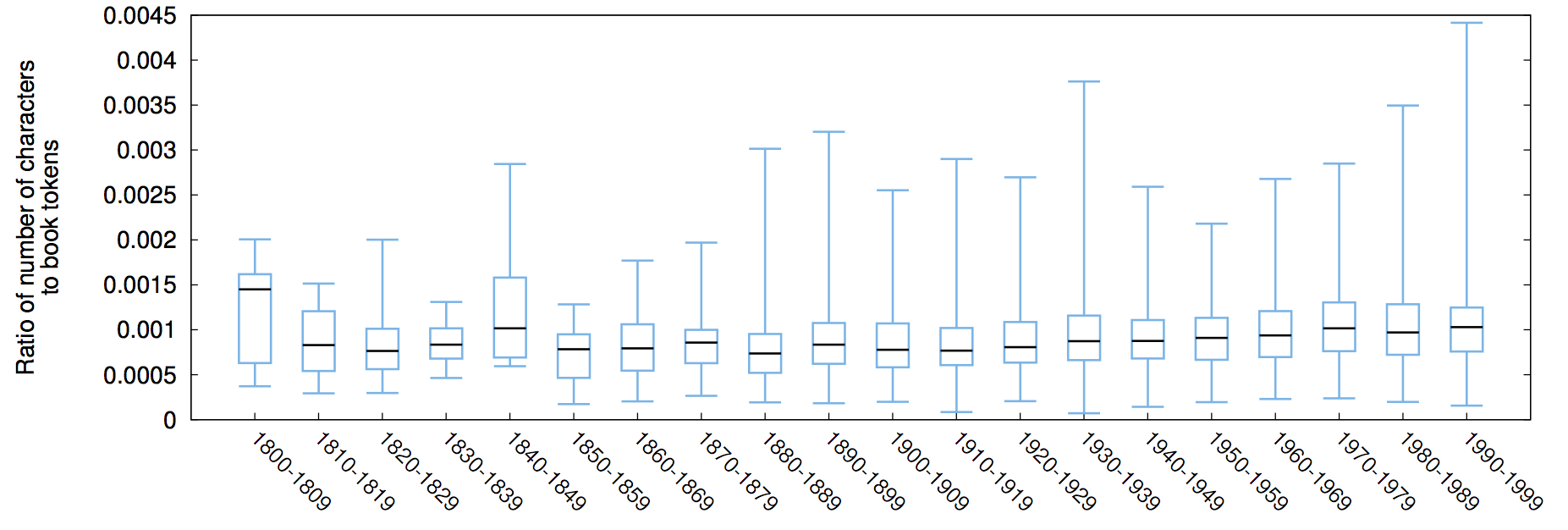
Mr. Bennet, his coachman, and the Archbishop walk into a bar but only one of them gets recognized: On The Difficulty of Detecting Characters in Literary Texts.
Evaluating learning language representations.

Reading Between the Lines: Overcoming Data Sparsity for Accurate Classification of Lexical Relationships.

Everyone's Invited: A New Paradigm For Evaluation on Non-transferable Datasets.

Geolocation Prediction in Twitter Using Social Networks: A Critical Analysis and Review of Current Practice.

An Analysis of Exercising Behavior in Online Populations.

Organizations are Users Too: Characterizing and Detecting the Presence of Organizations on Twitter.

Cross Level Semantic Similarity: An Evaluation Framework for Universal Measures of Similarity.

It's All Fun and Games until Someone Annotates: Video Games with a Purpose for Linguistic Annotation.

Geotagging One Hundred Million Twitter Accounts with Total Variation Minimization.

Twitter users #CodeSwitch hashtags! #MoltoImportante #wow #헐.

SemEval-2014 Task 3: Cross-Level Semantic Similarity

Validating and Extending Semantic Knowledge Bases using Video Games with a Purpose.

An analysis of ambiguity in word sense annotations.

Align, Disambiguate and Walk: A Unified Approach for Measuring Semantic Similarity.

